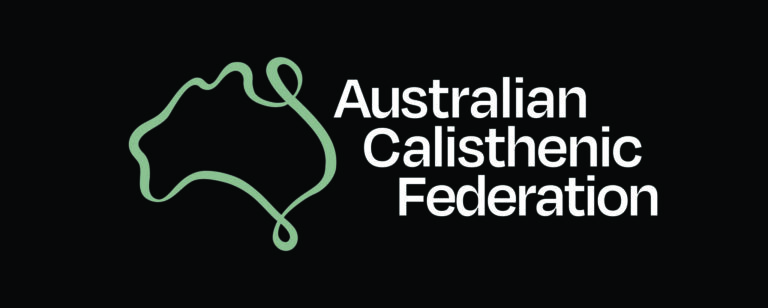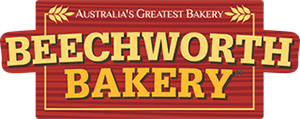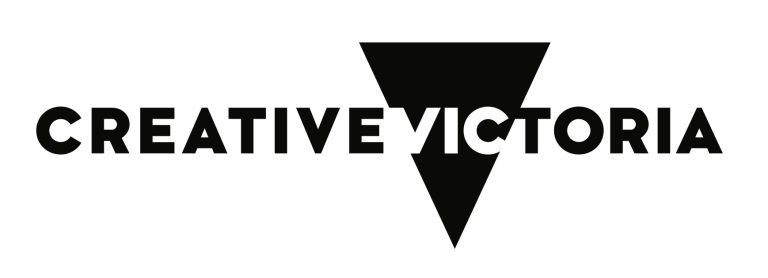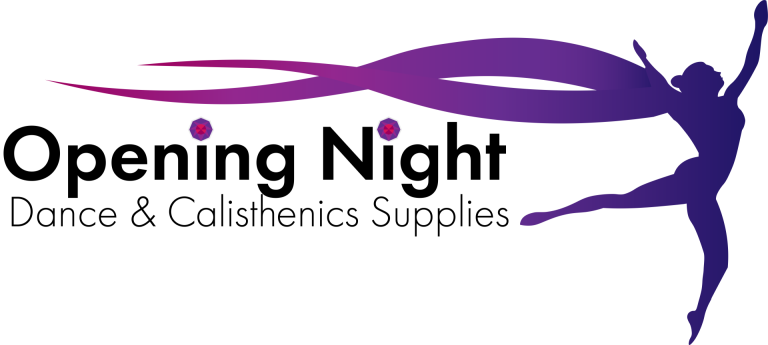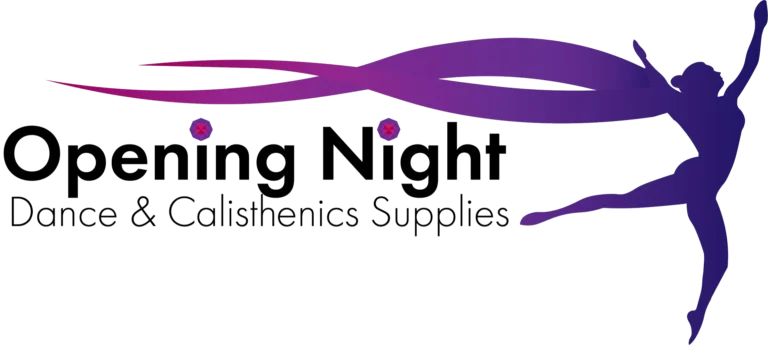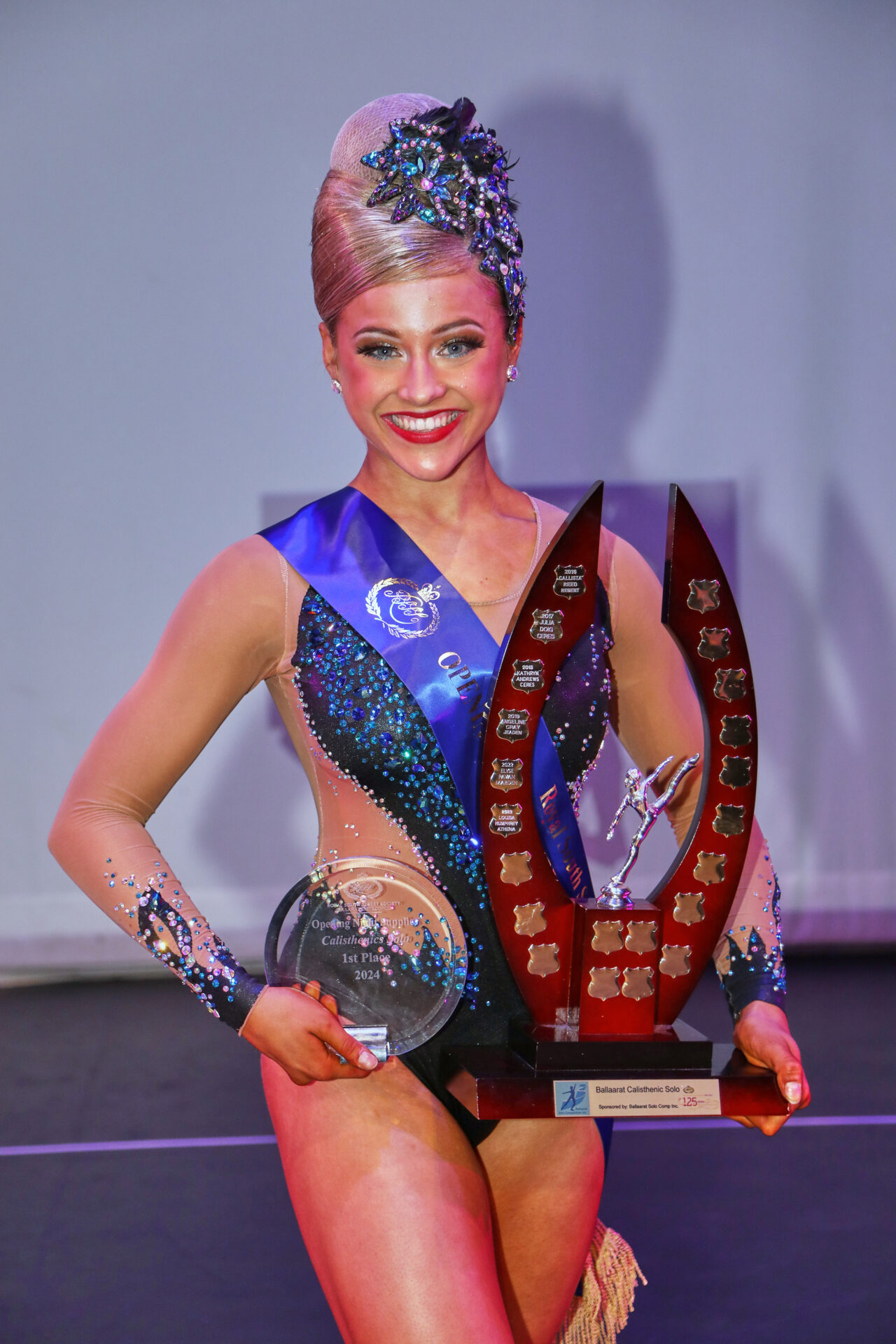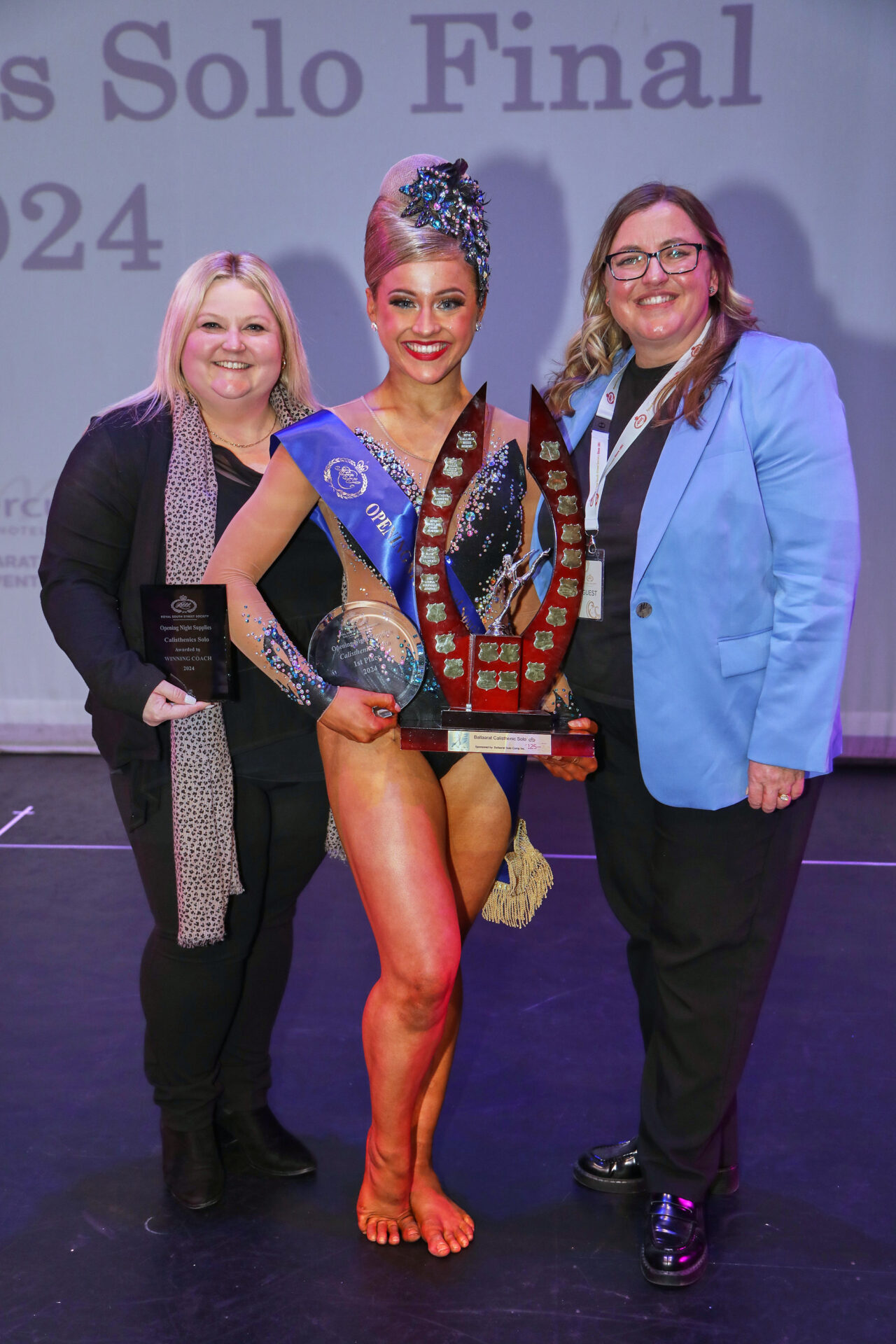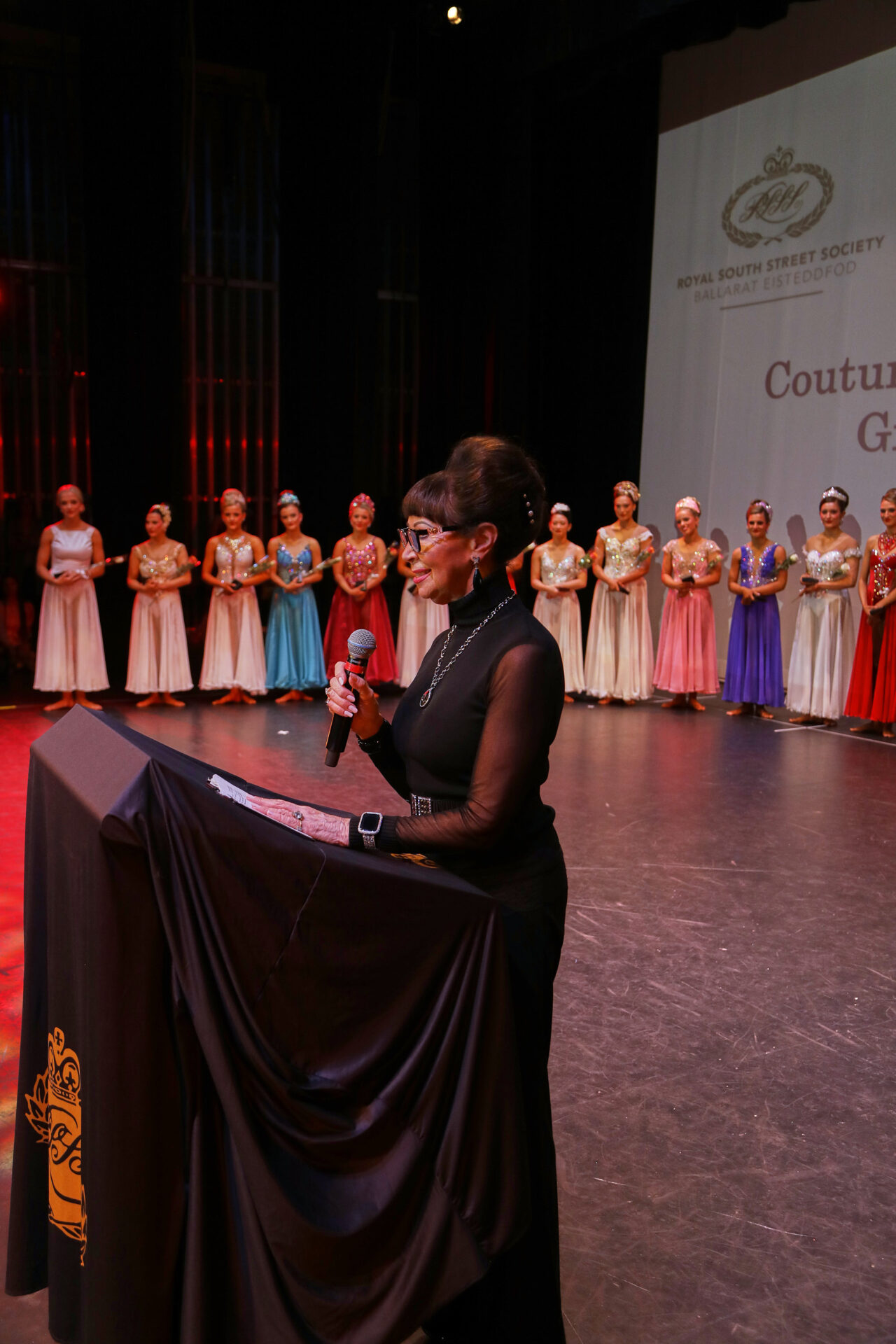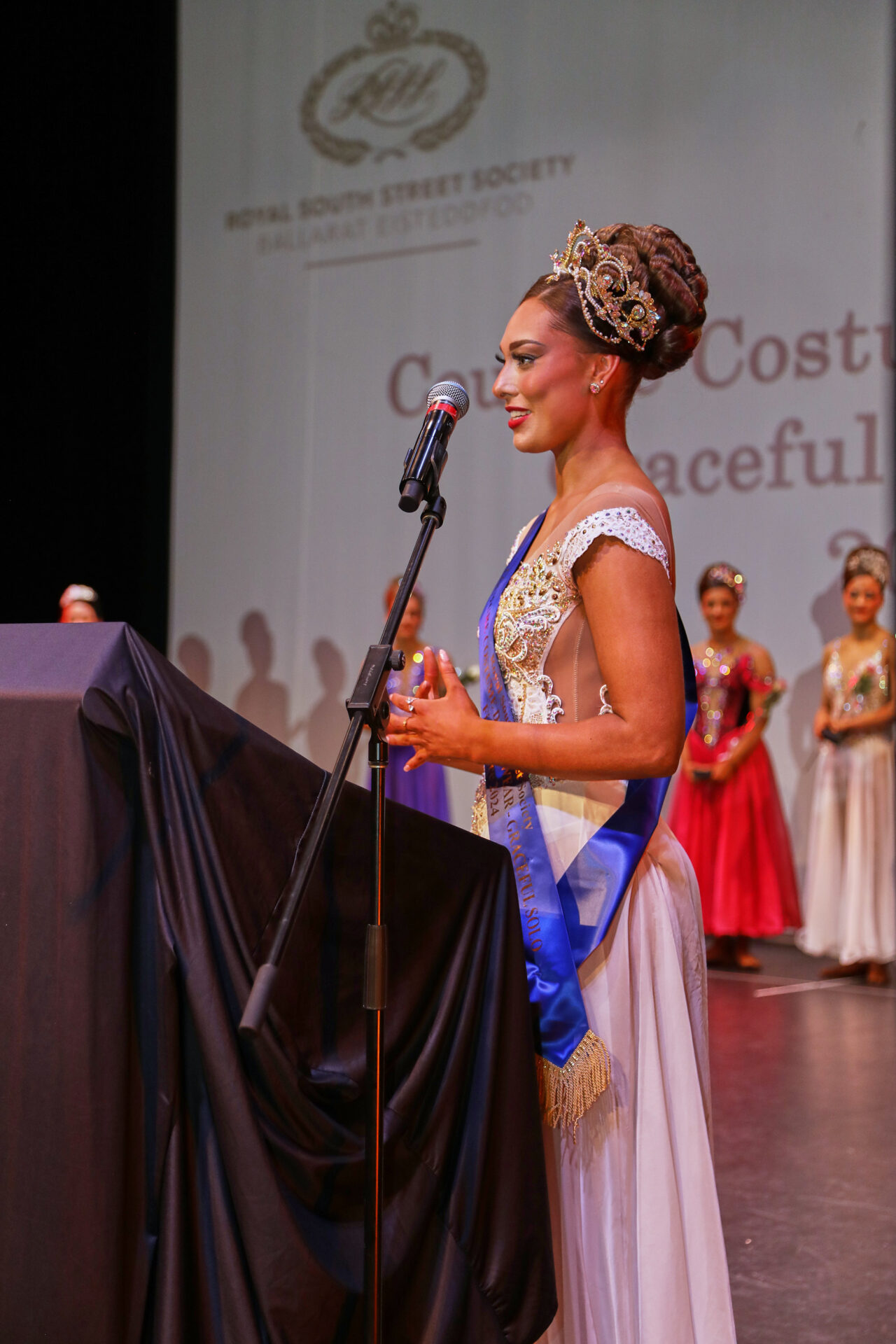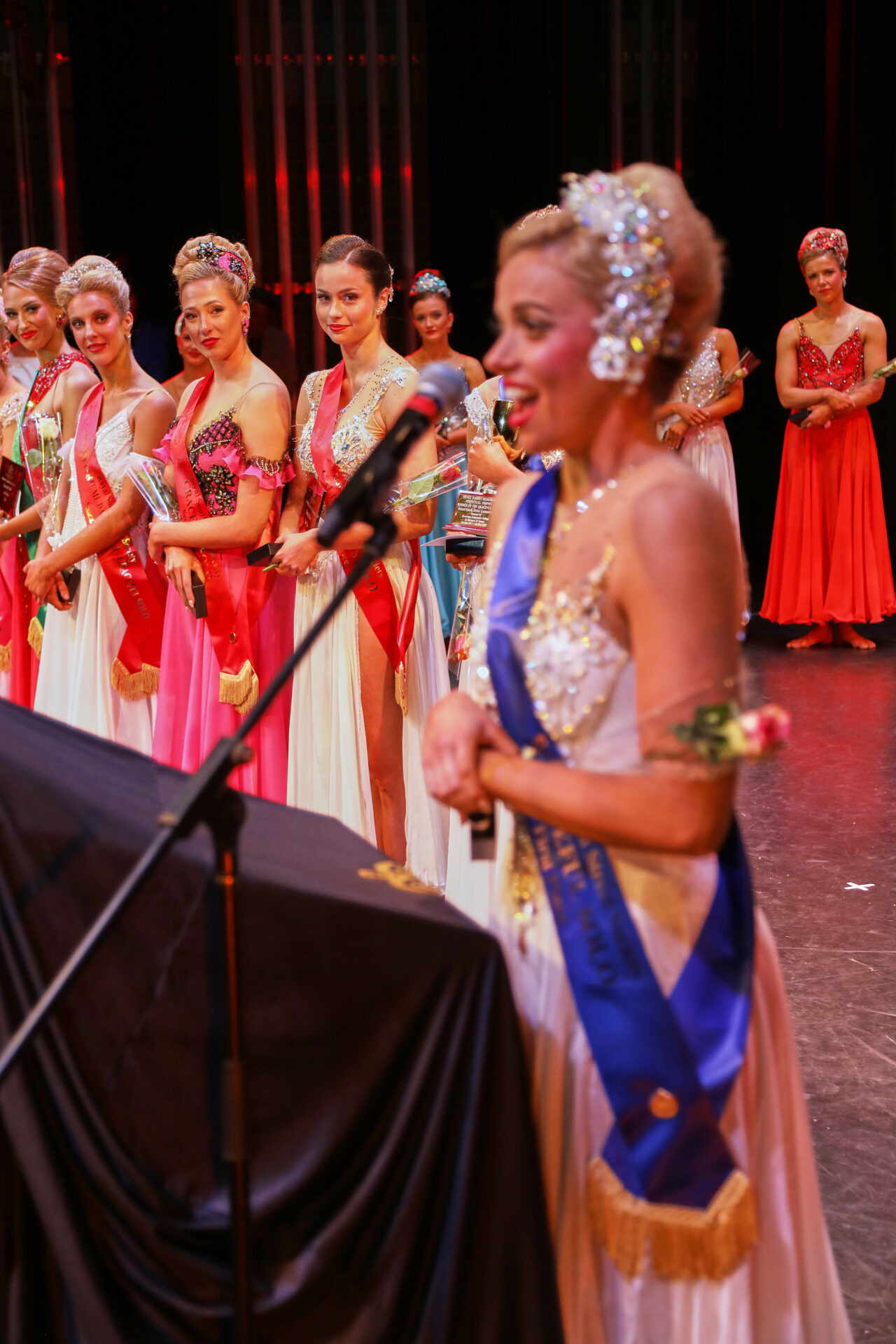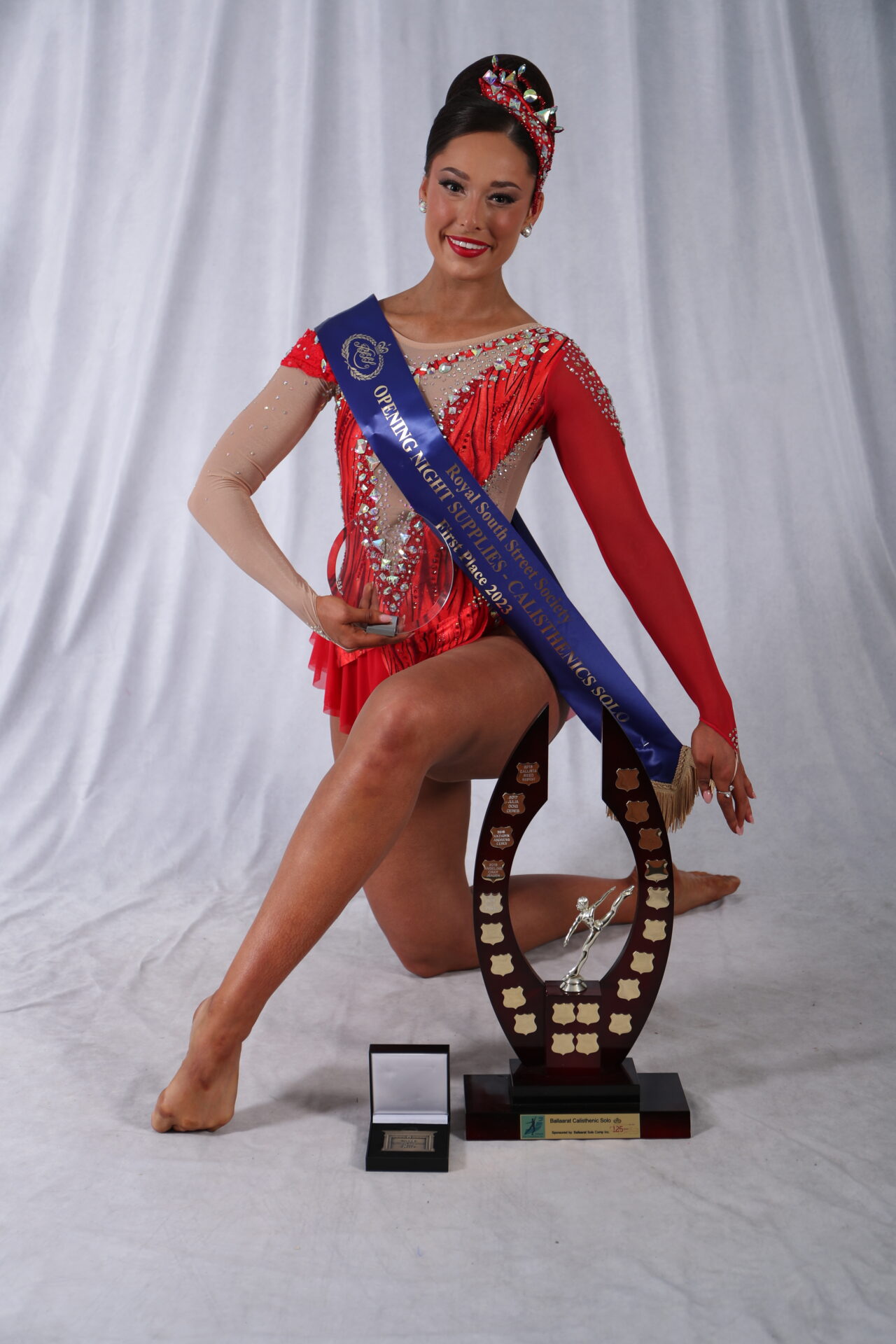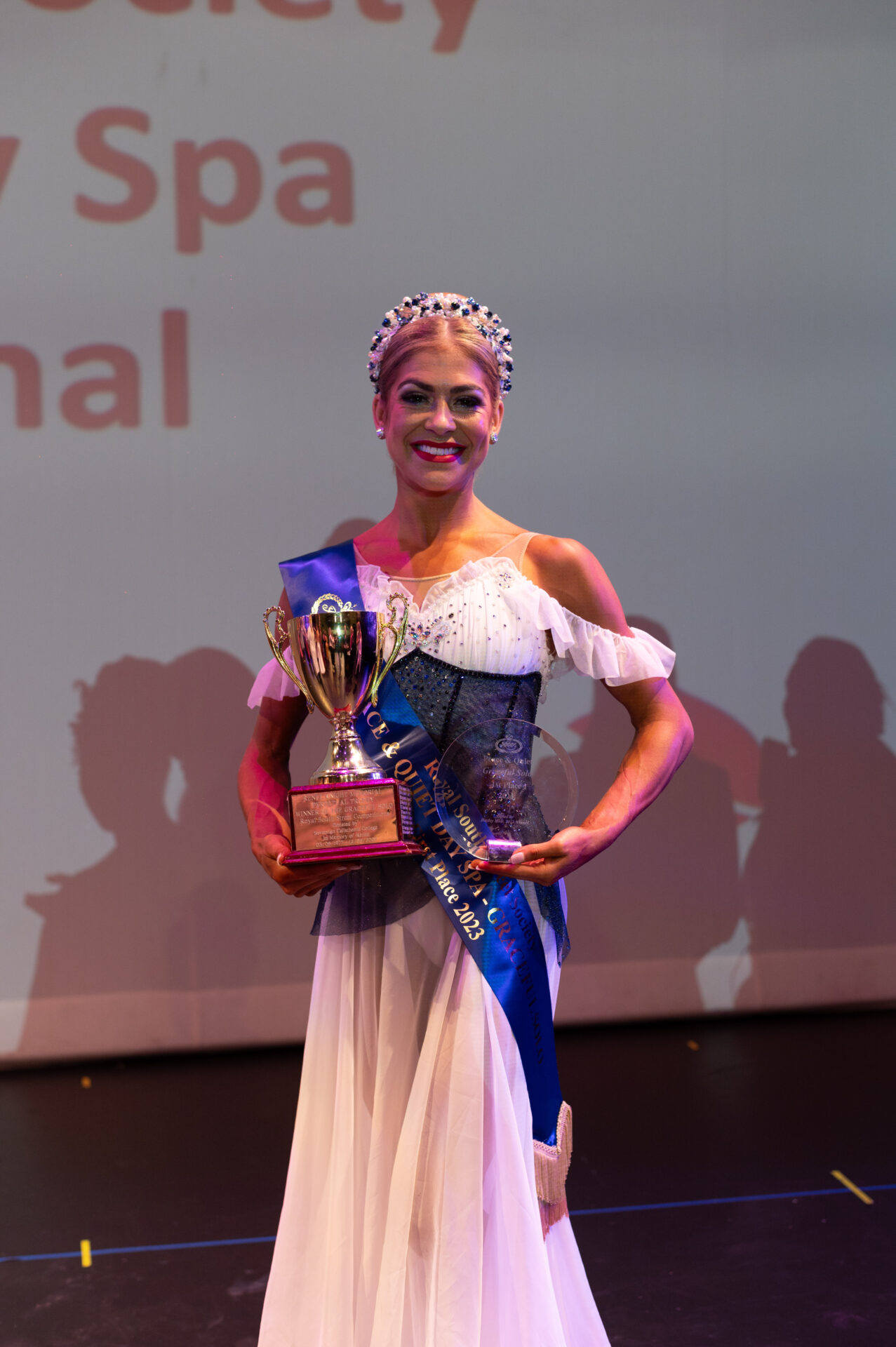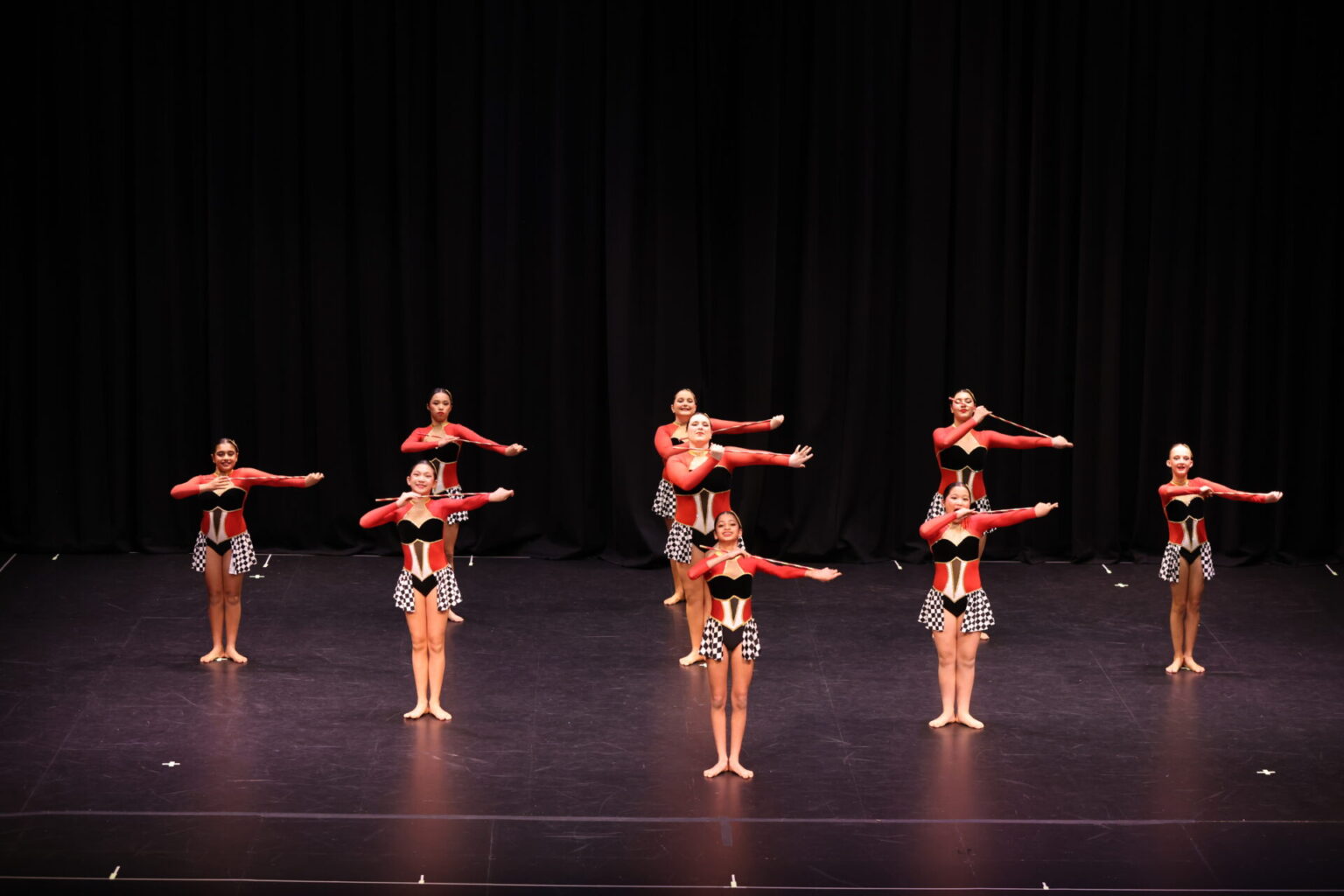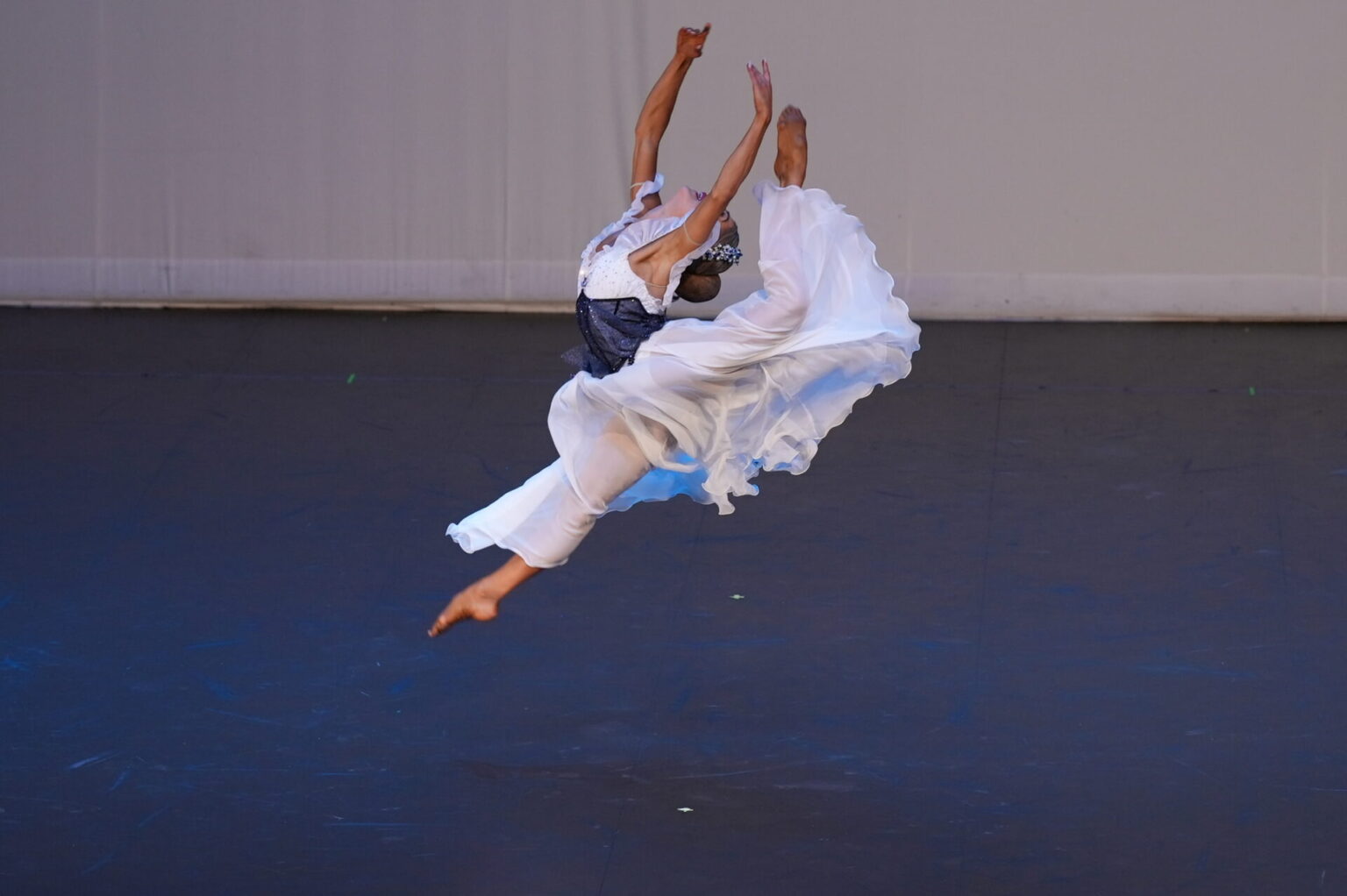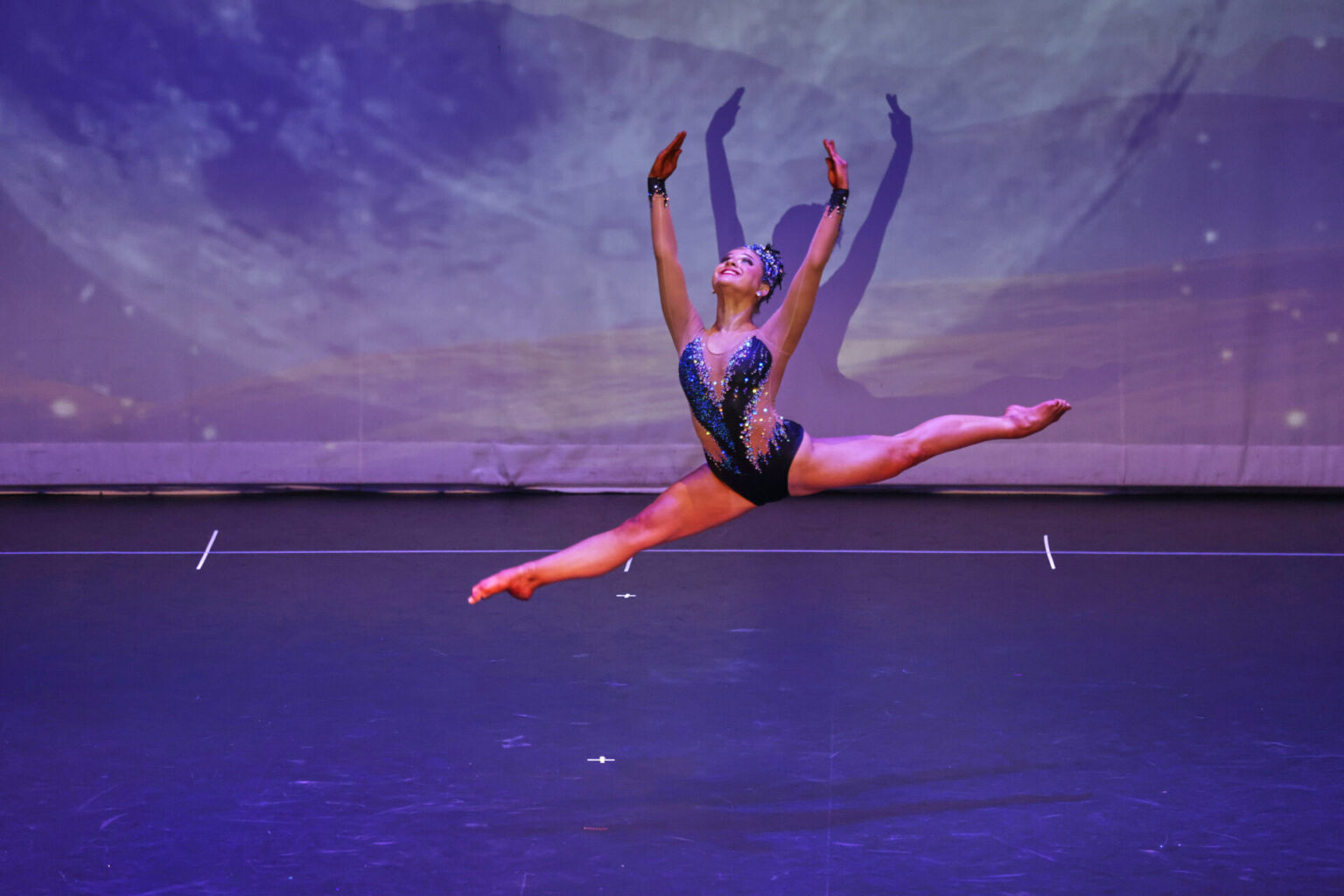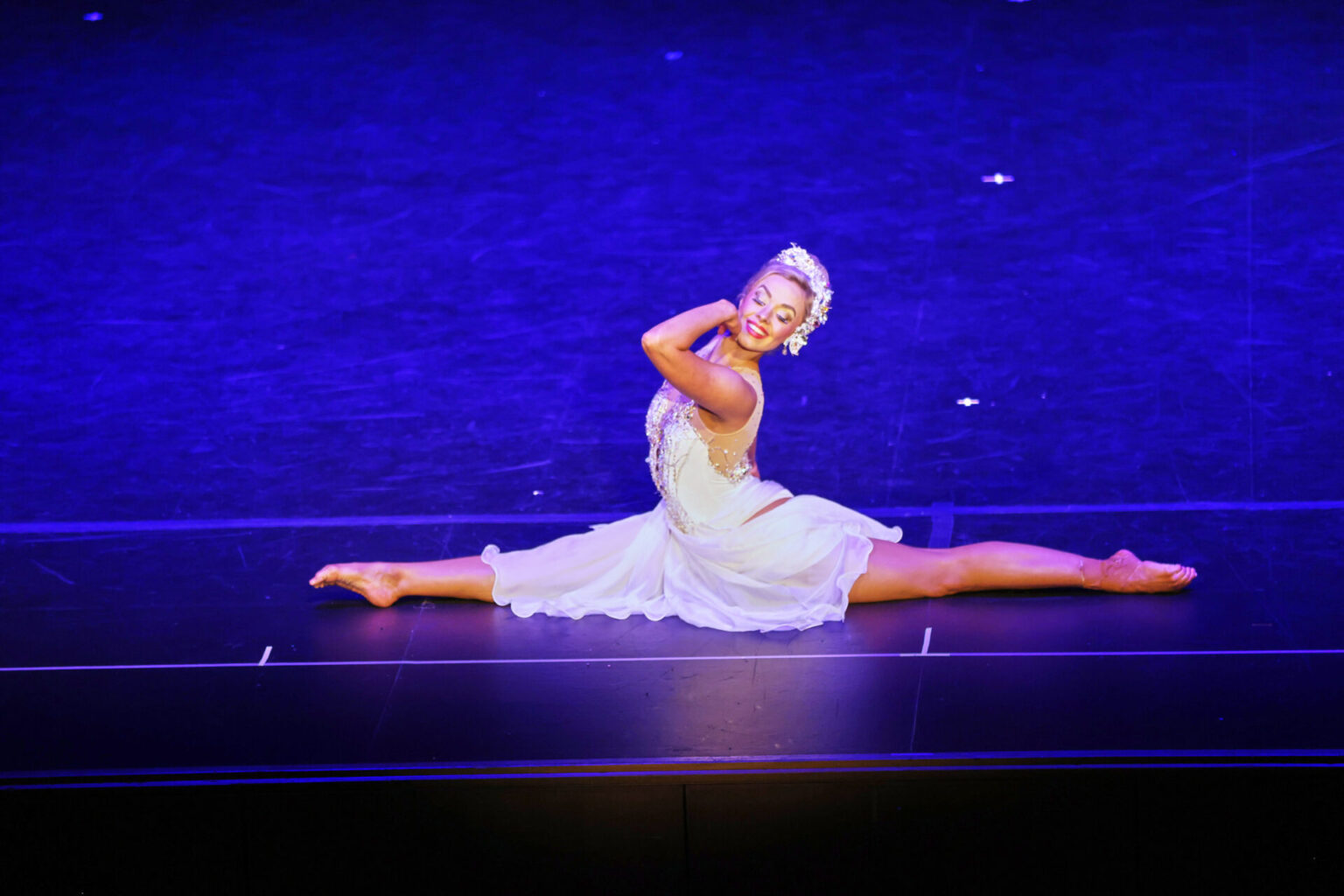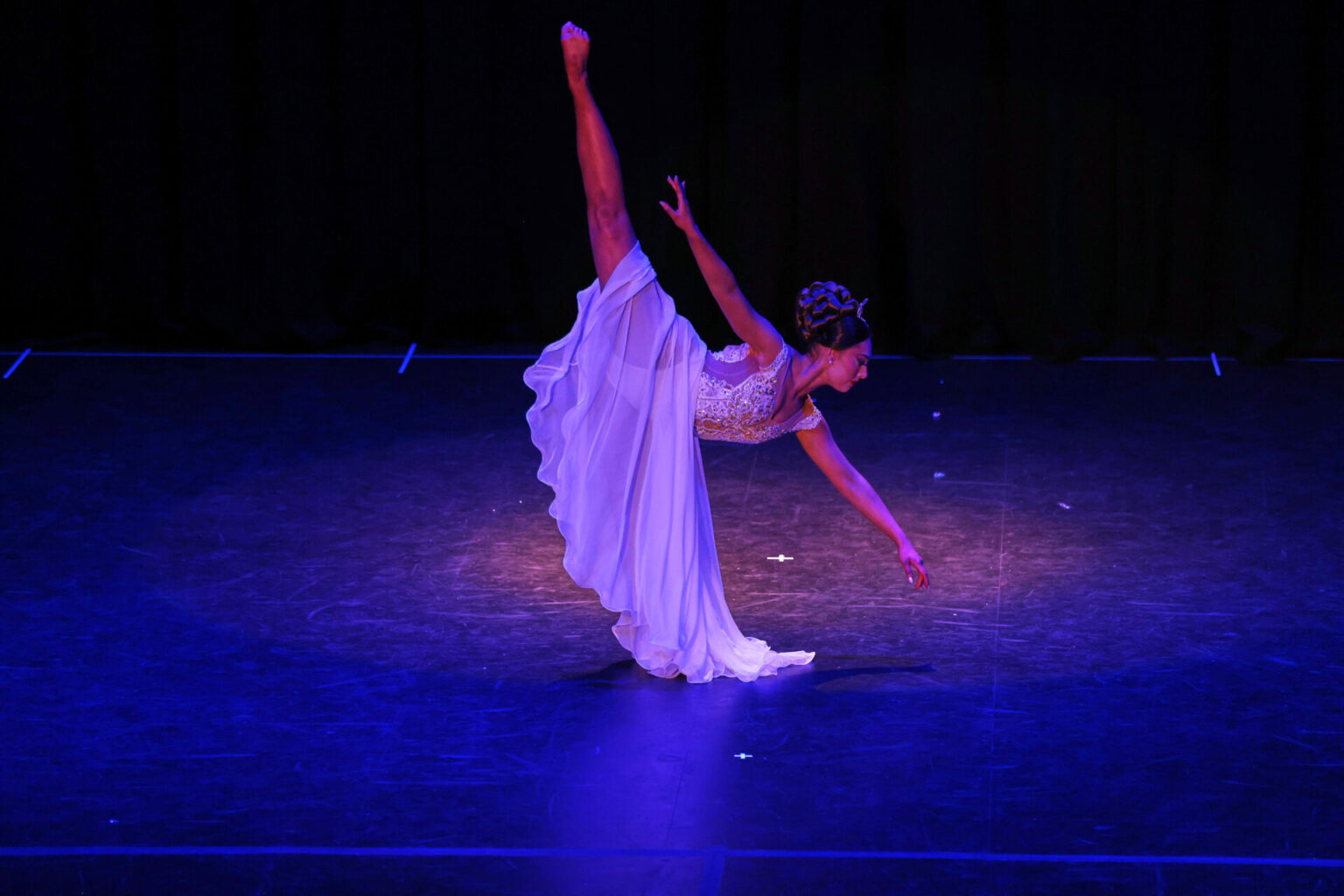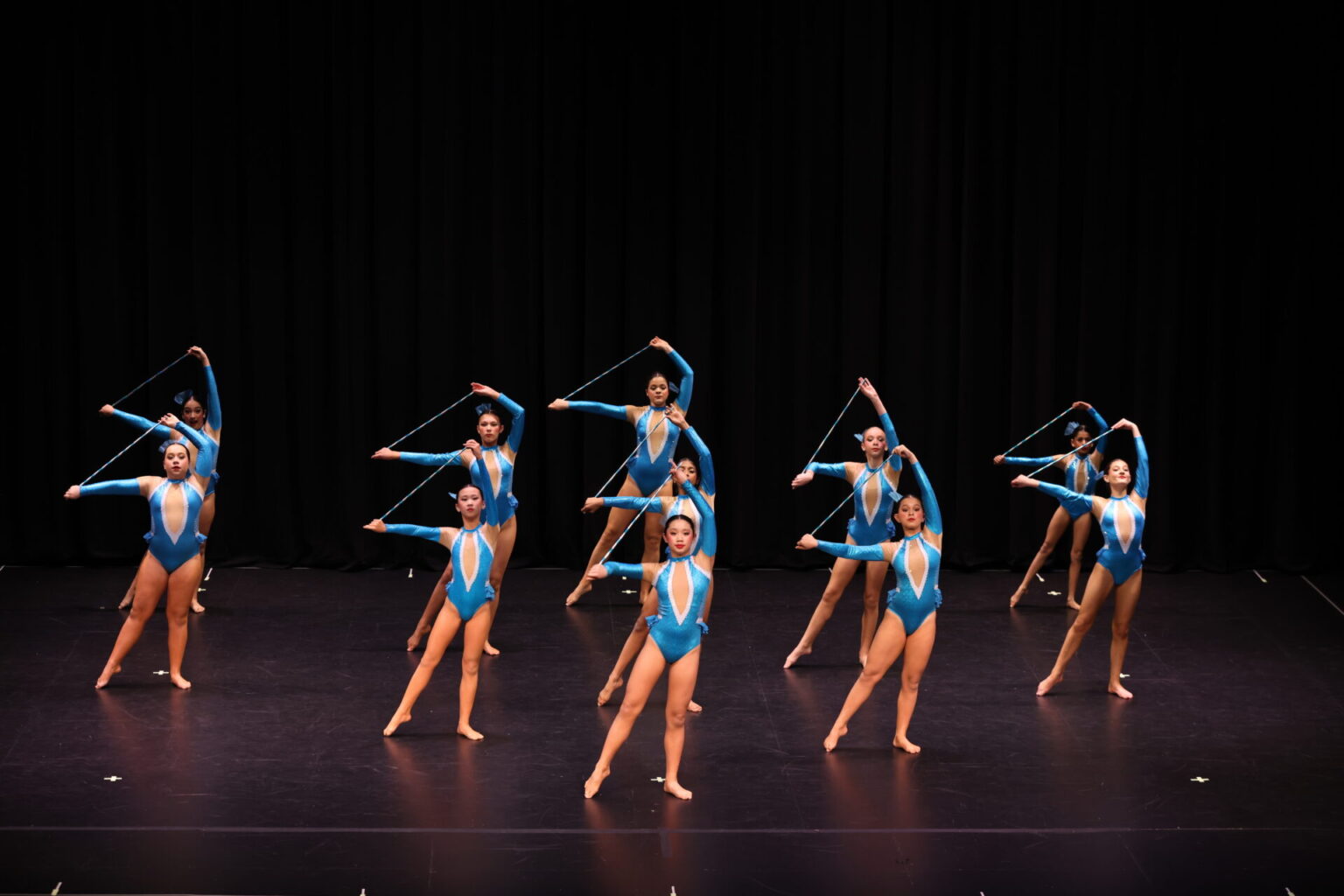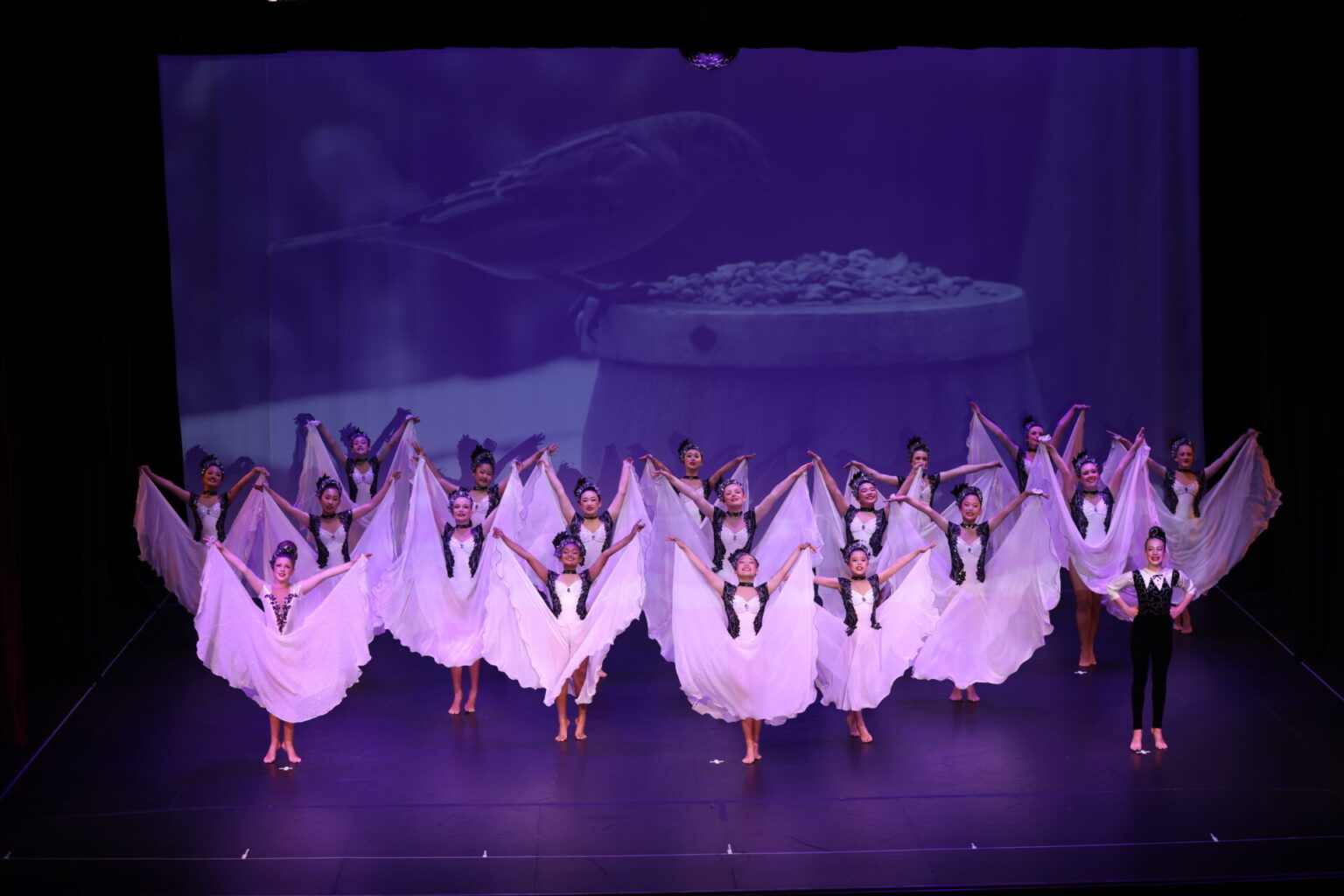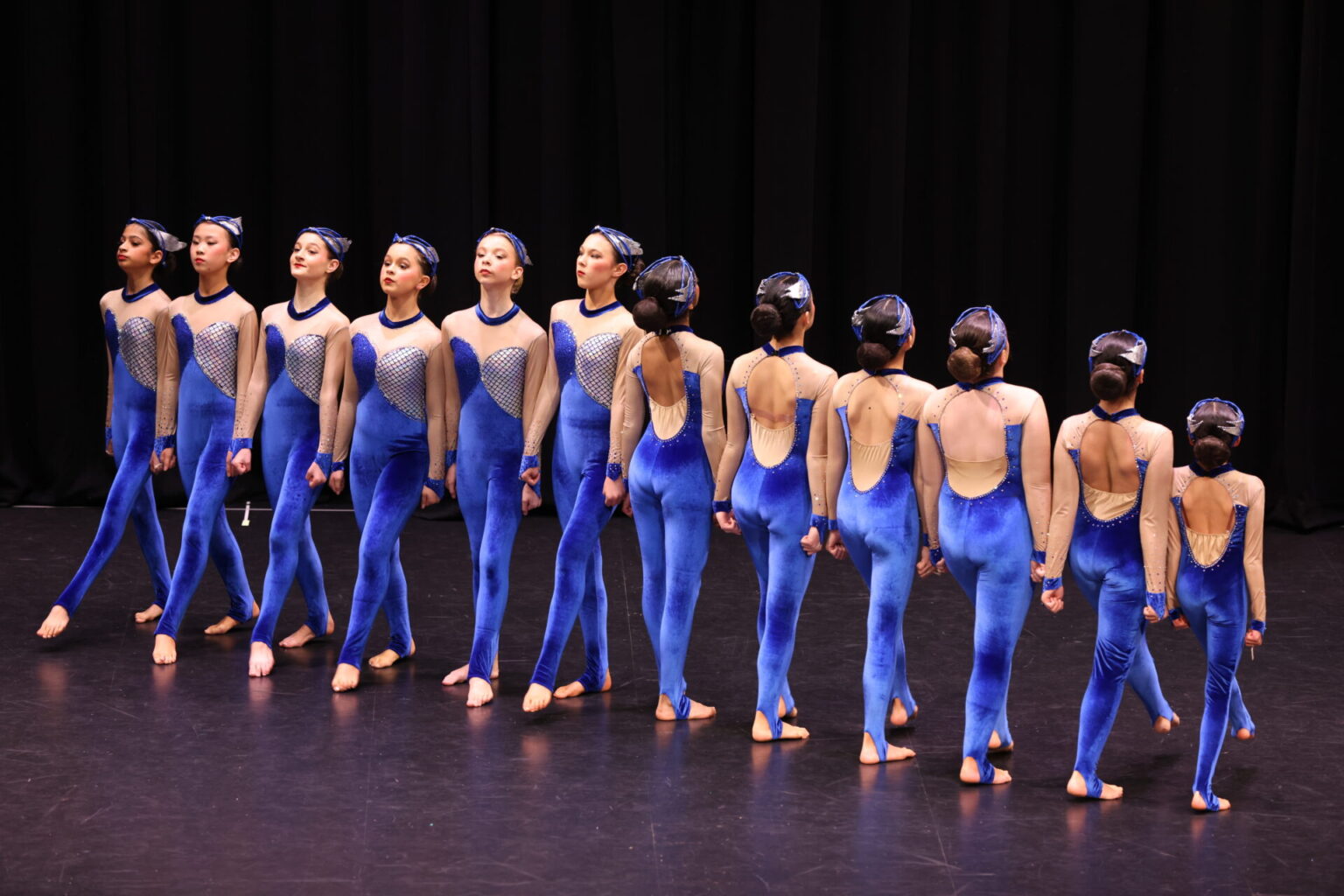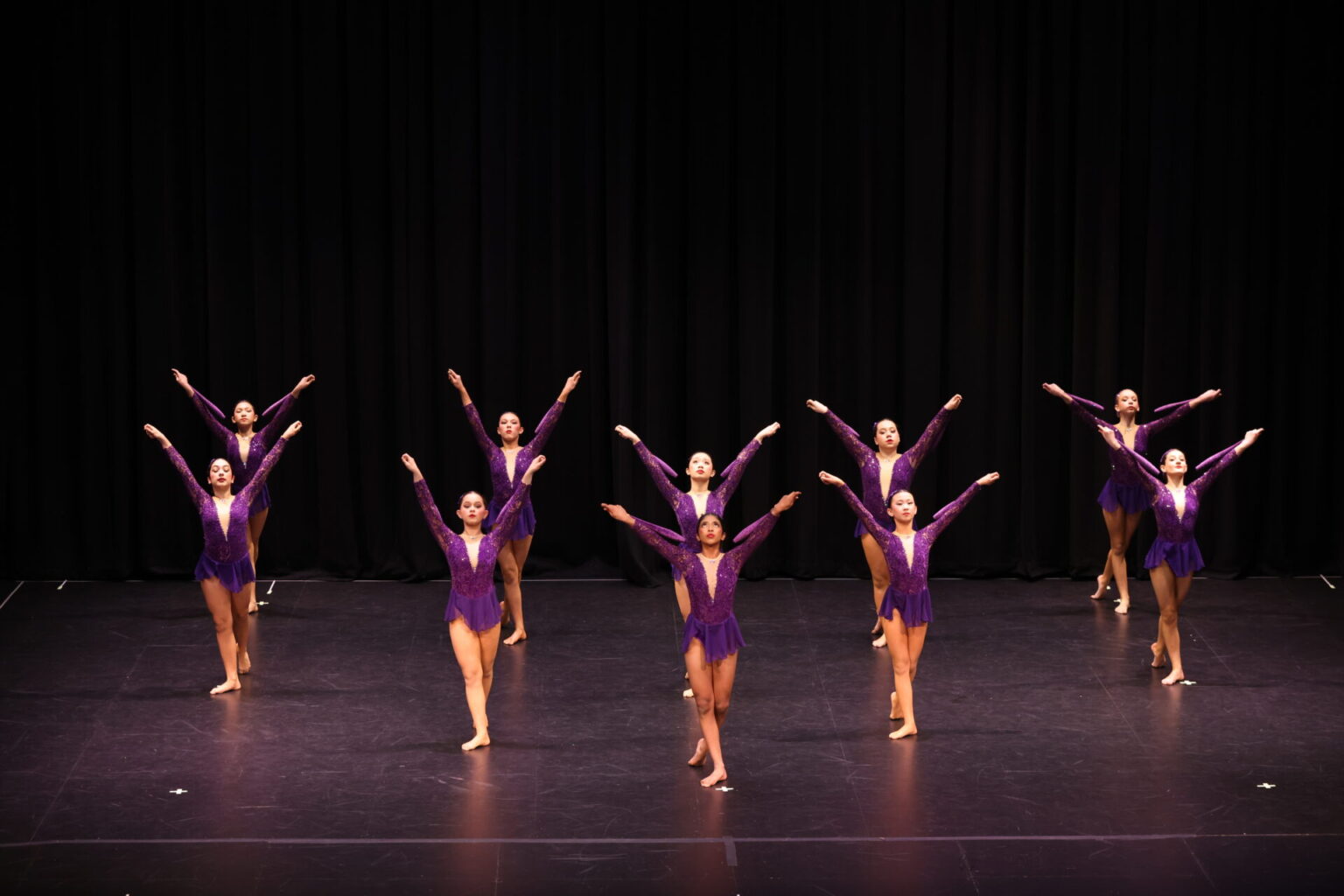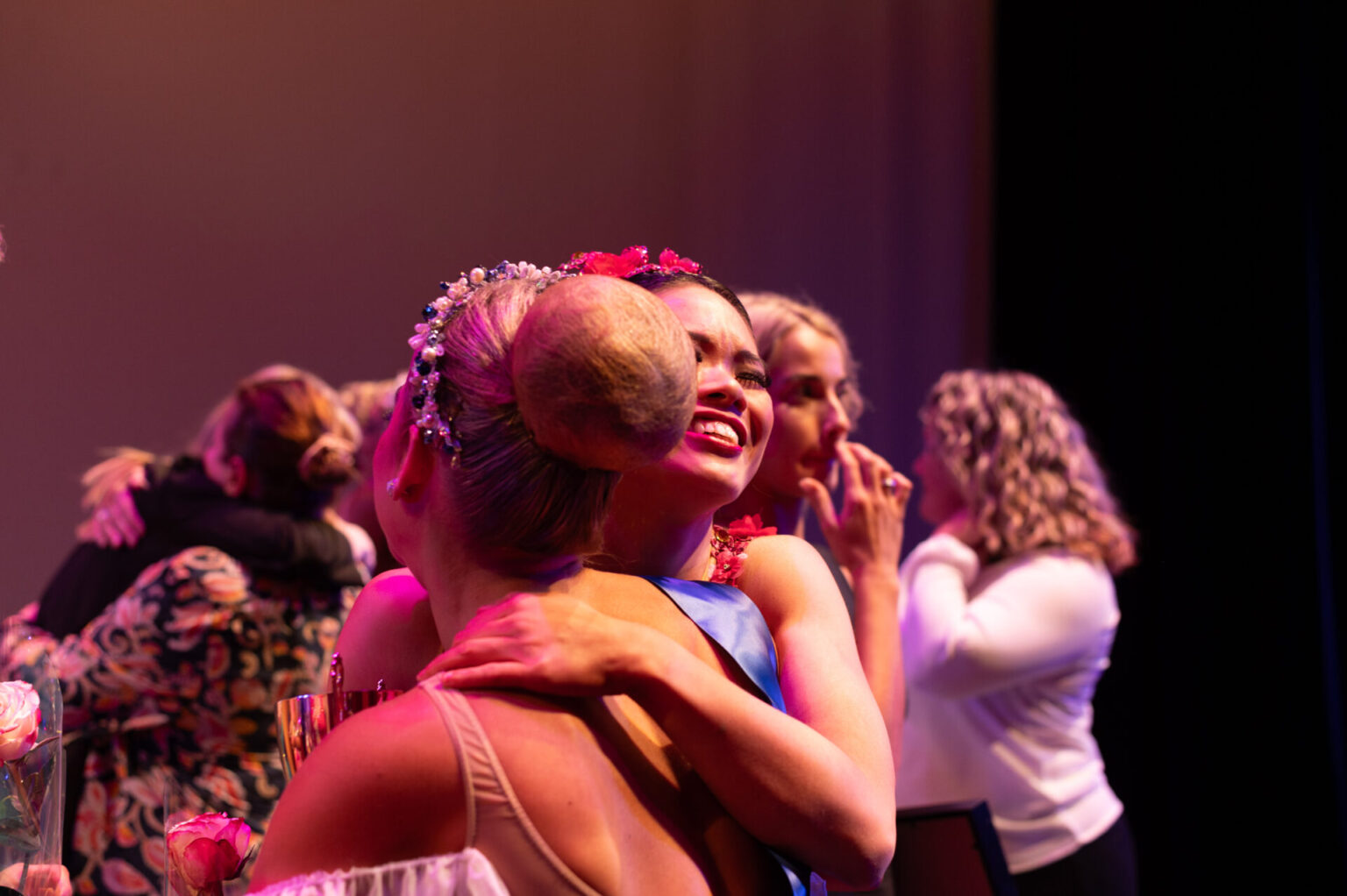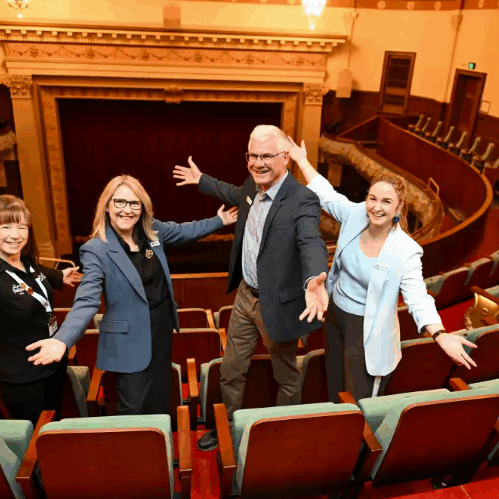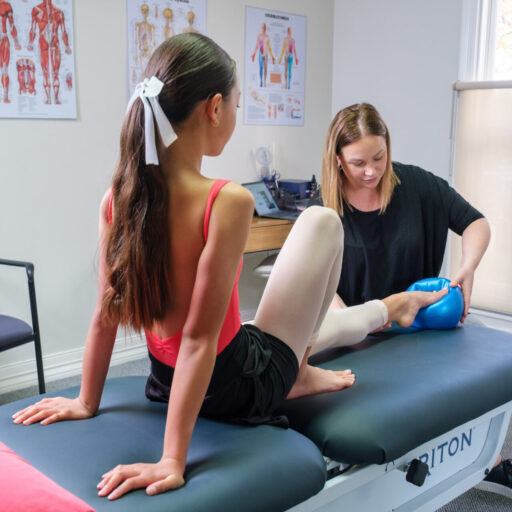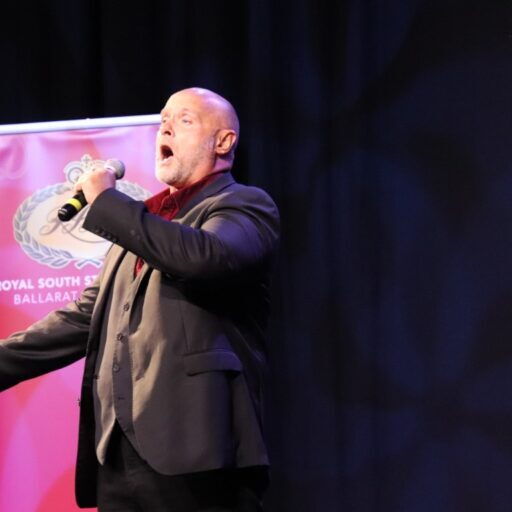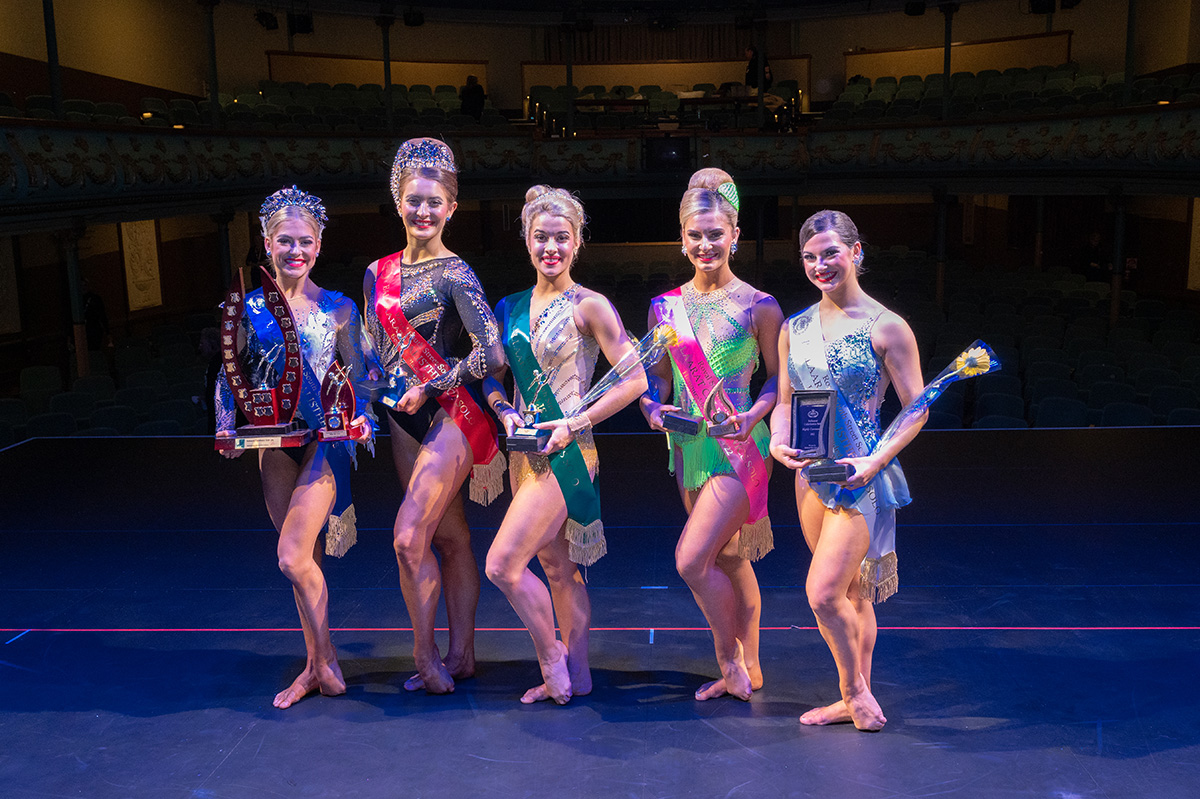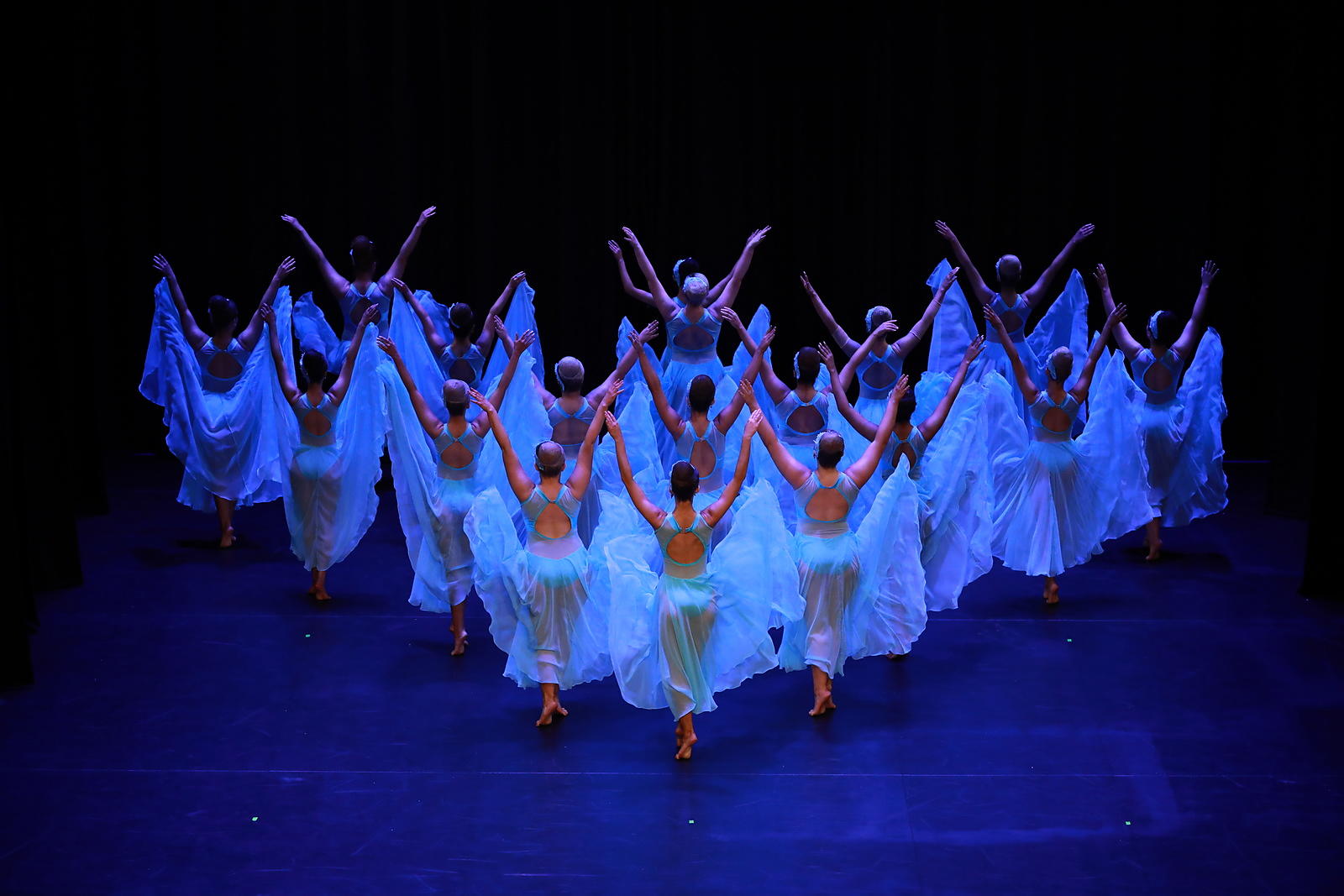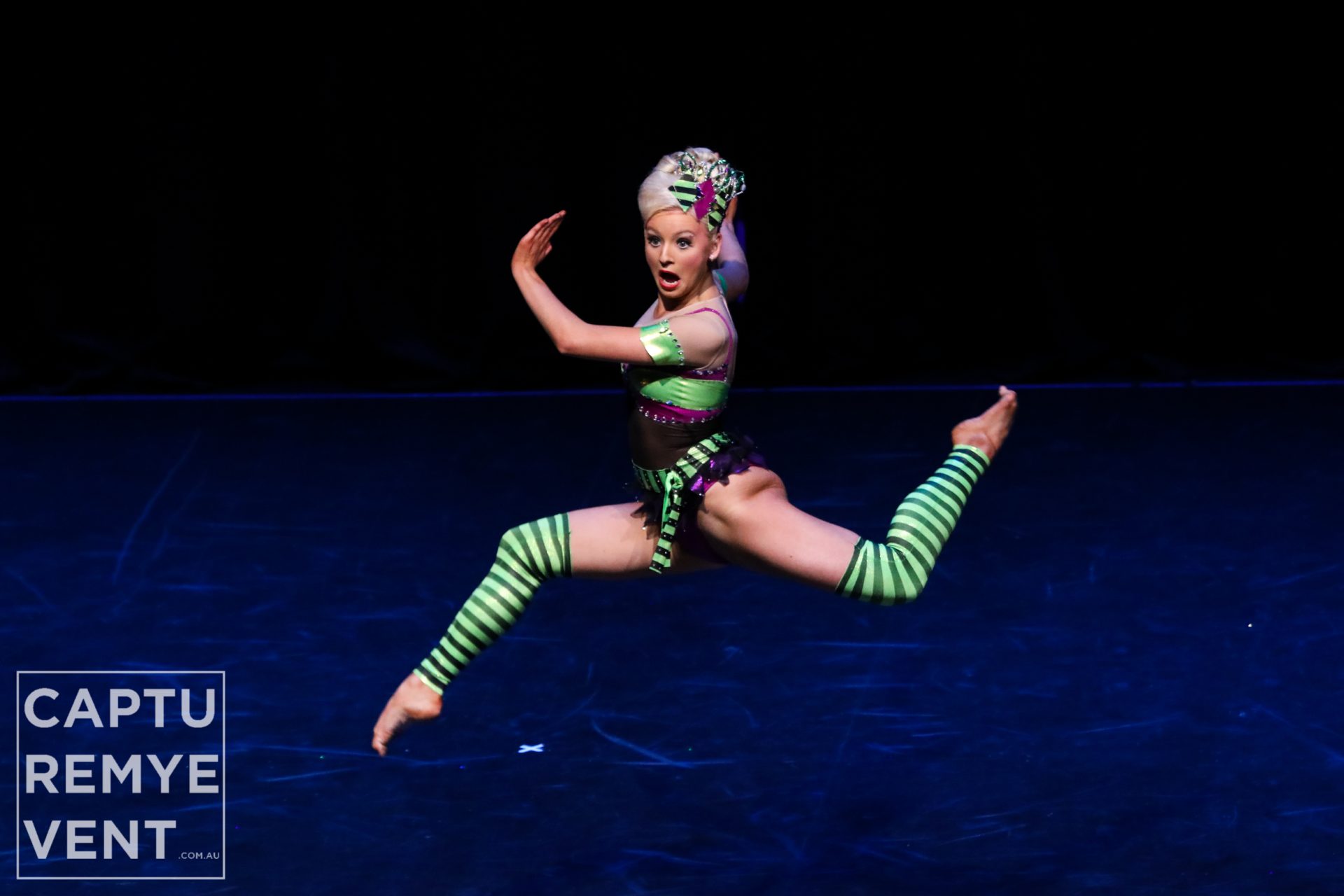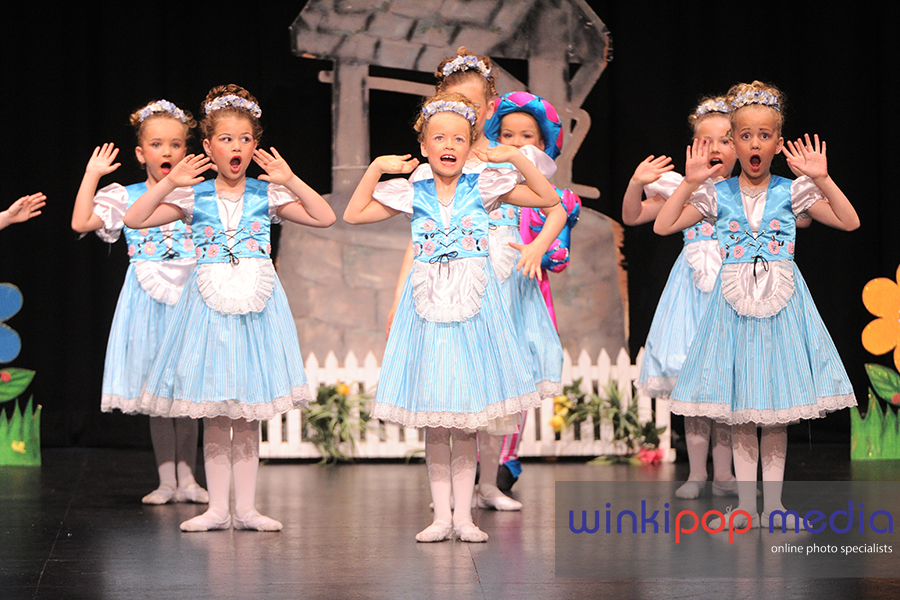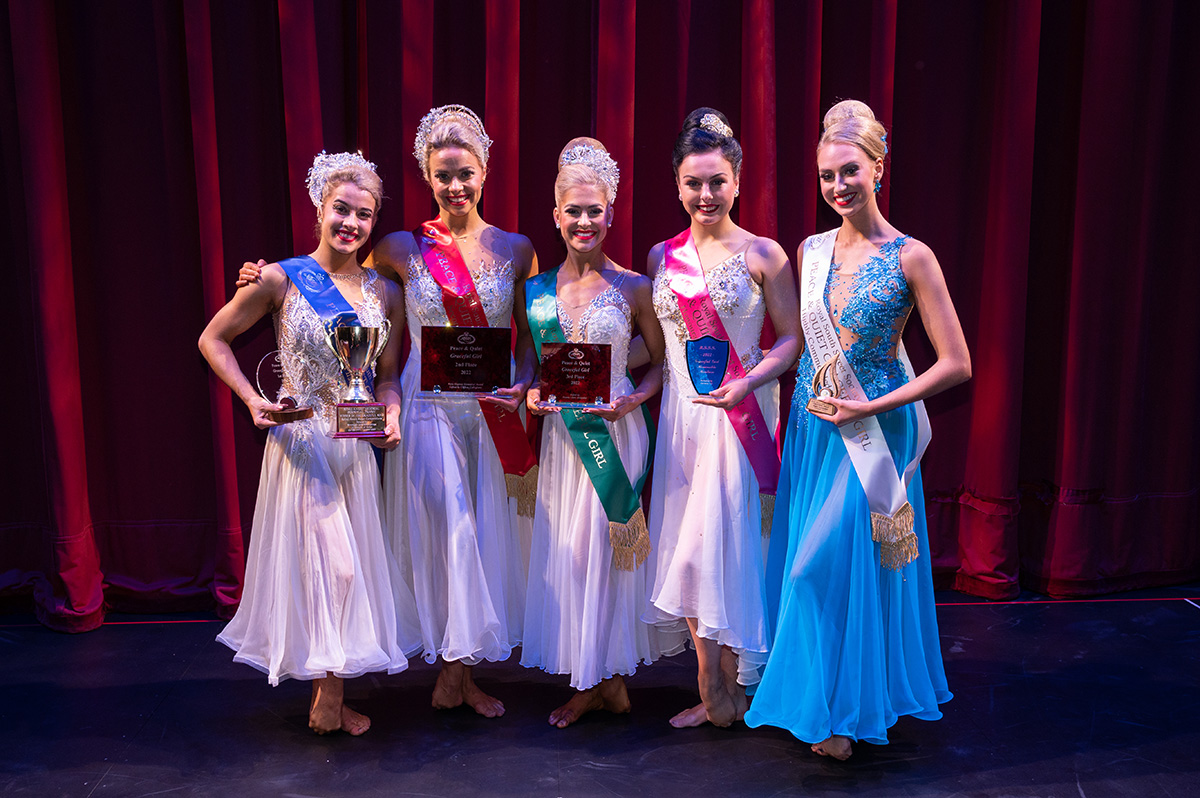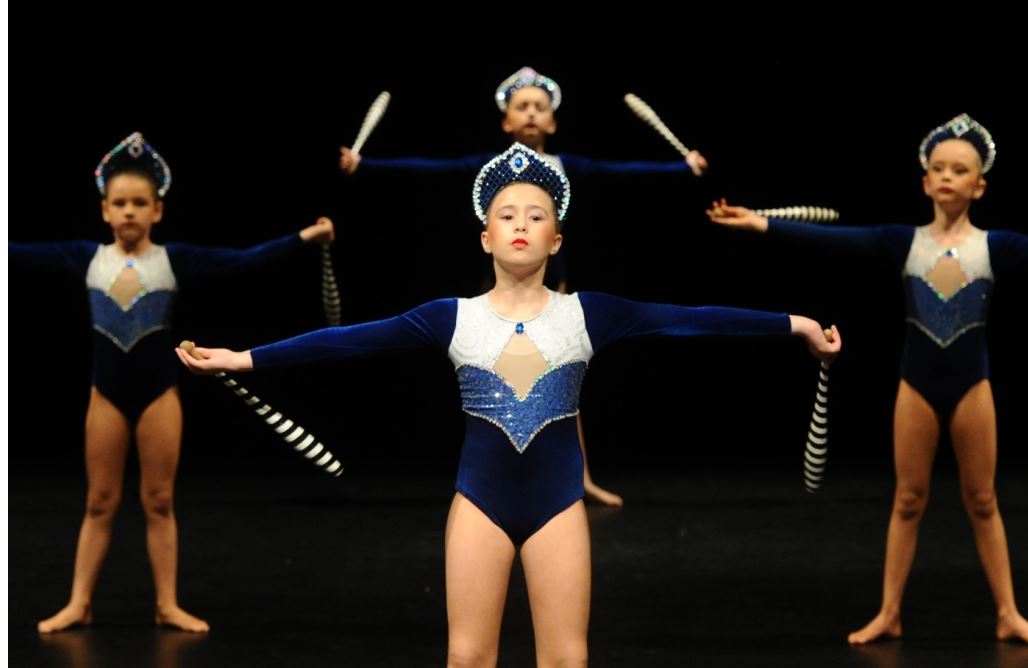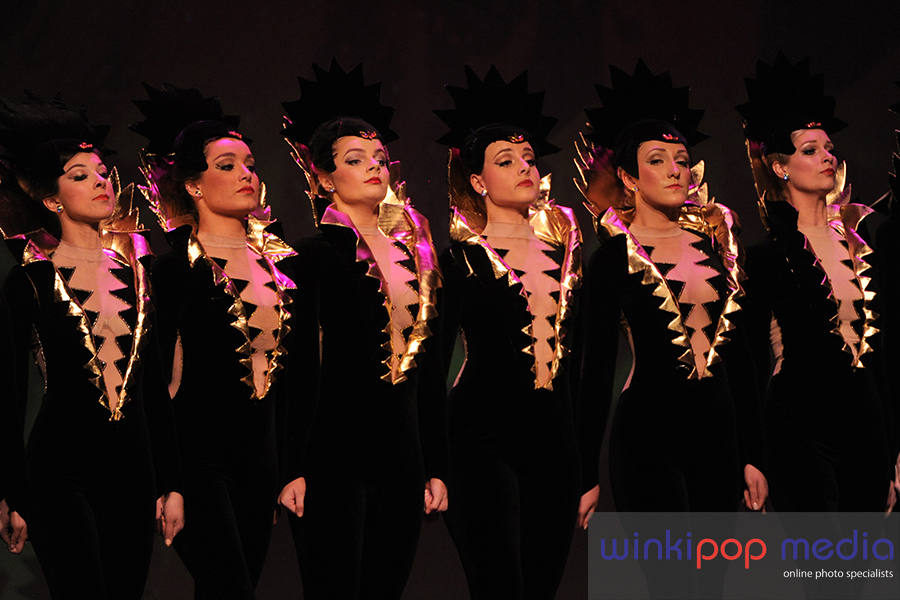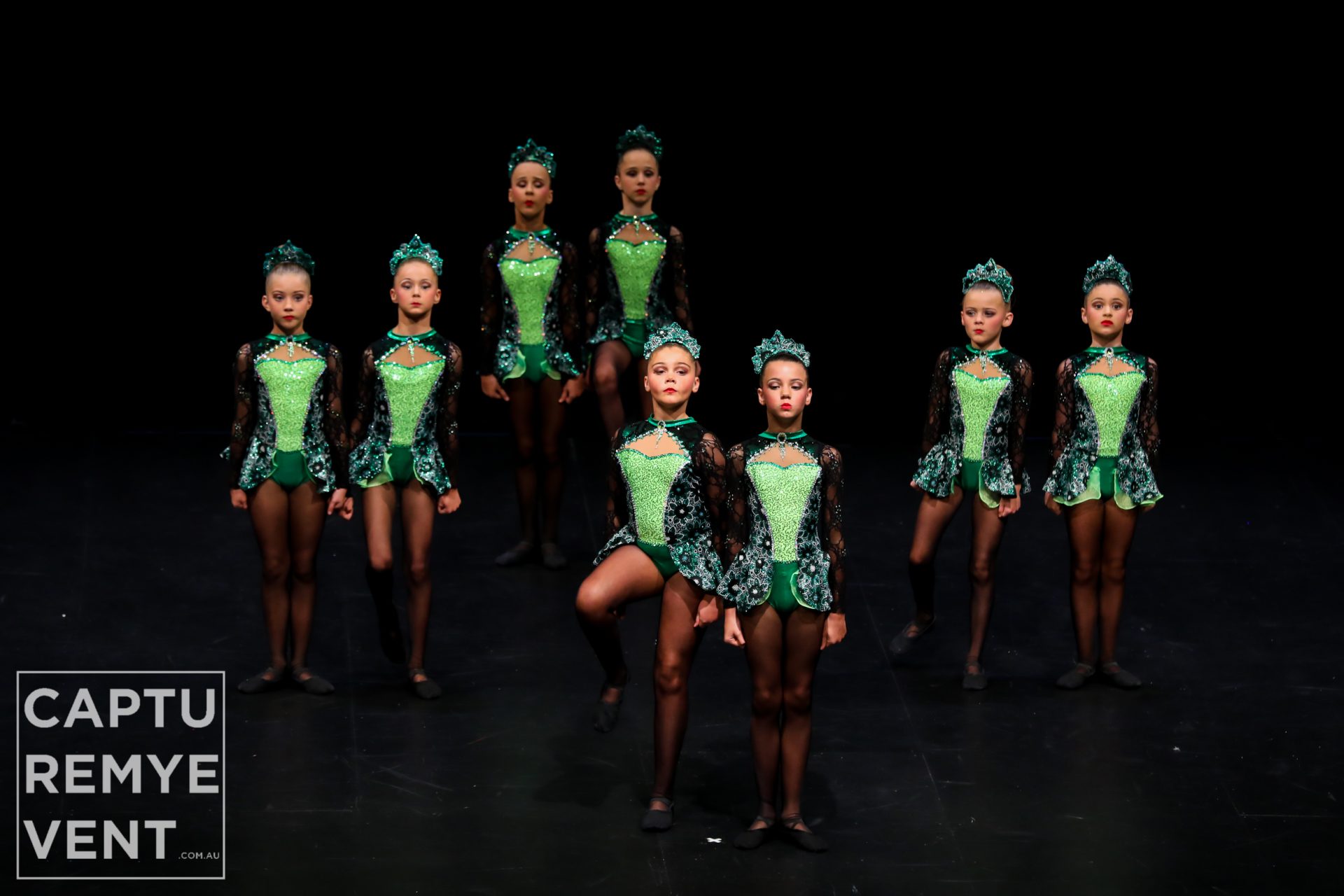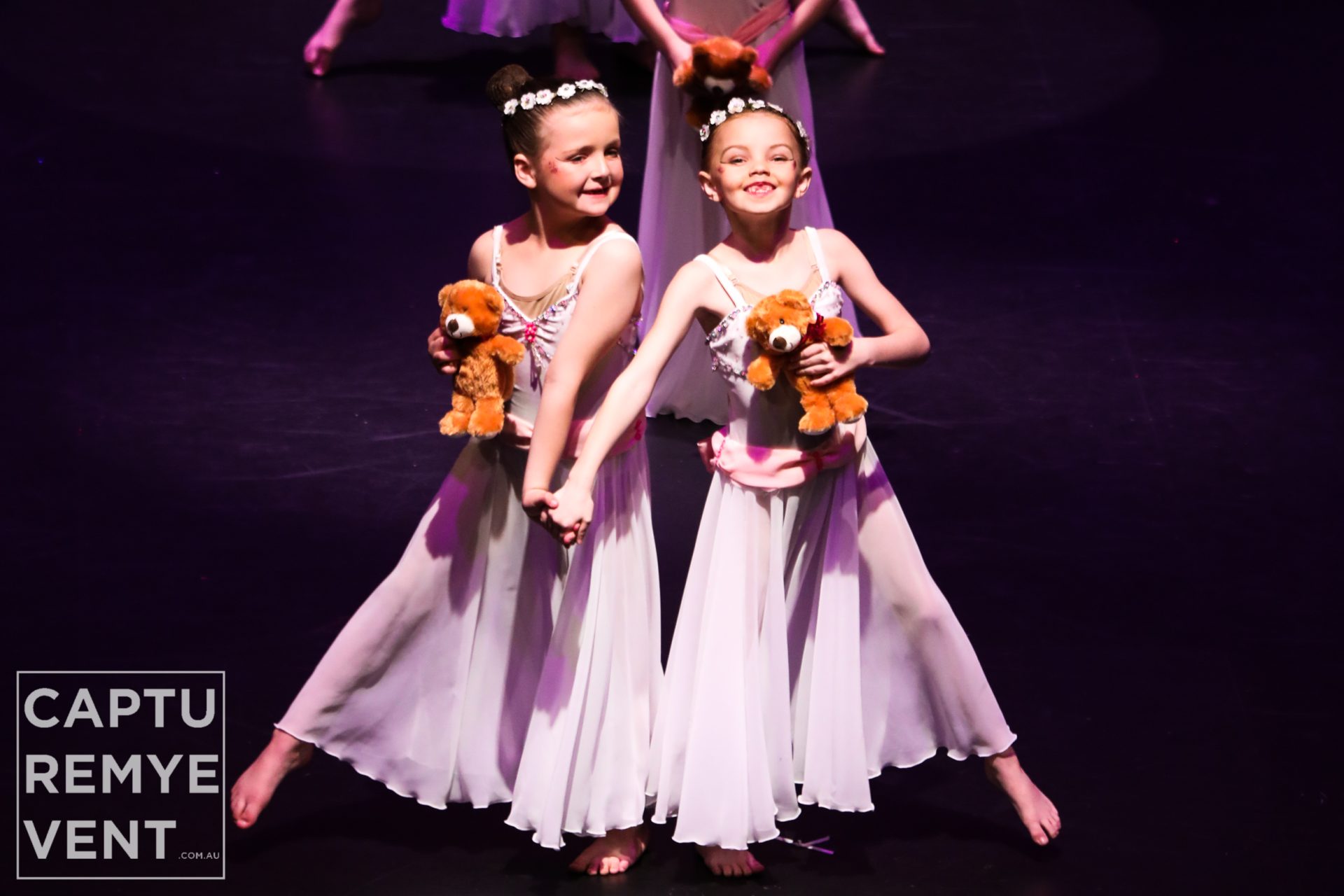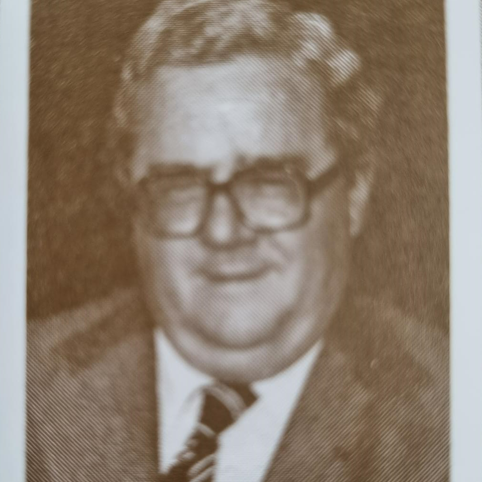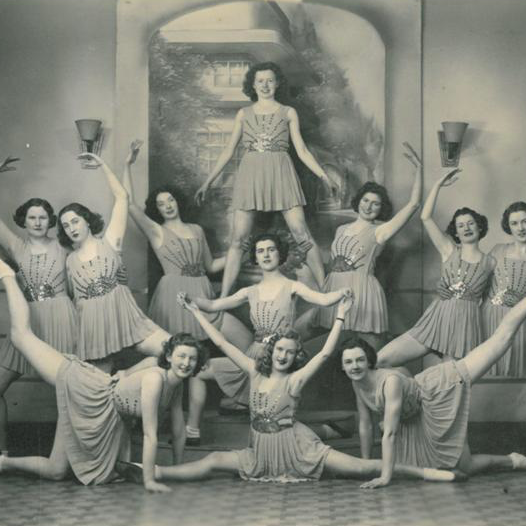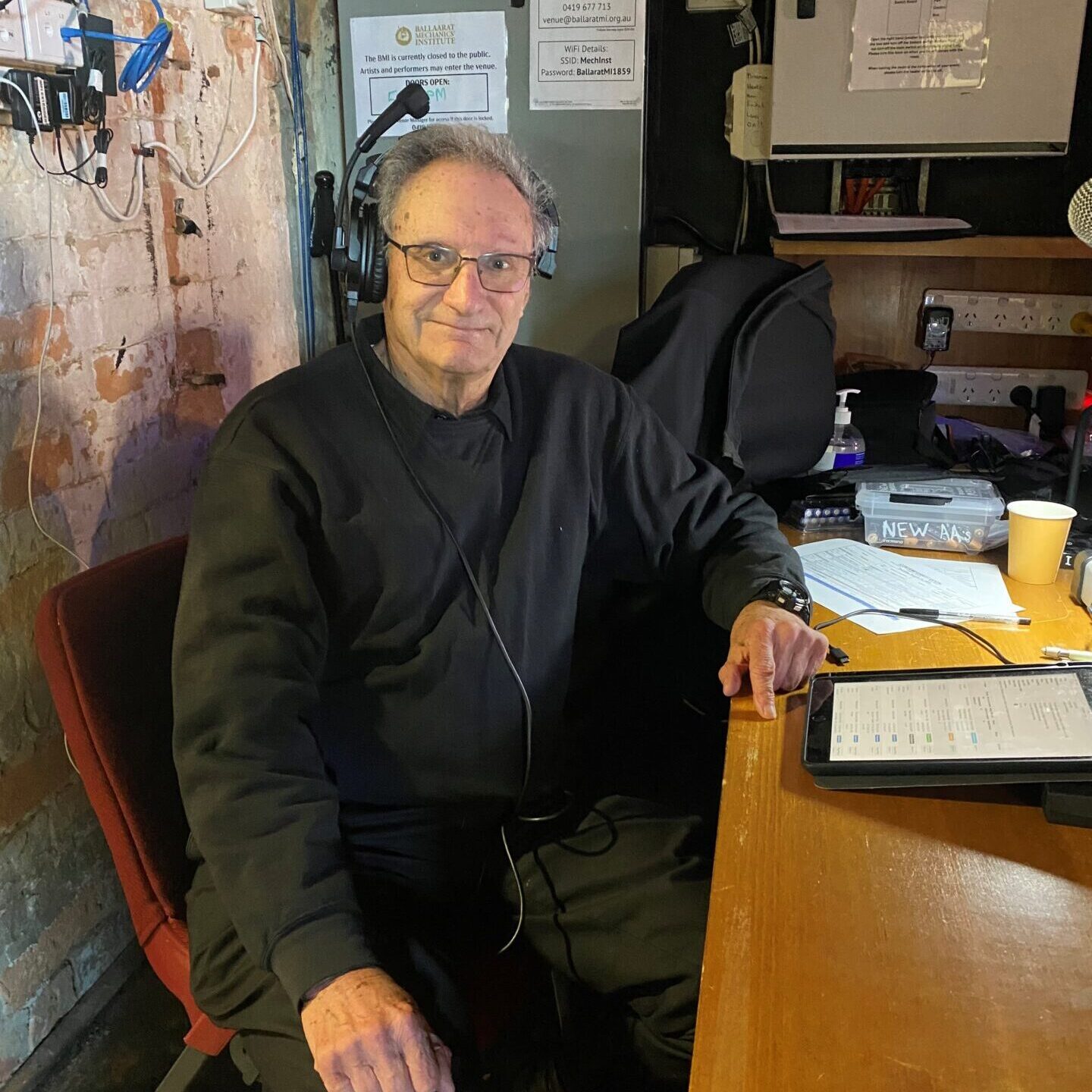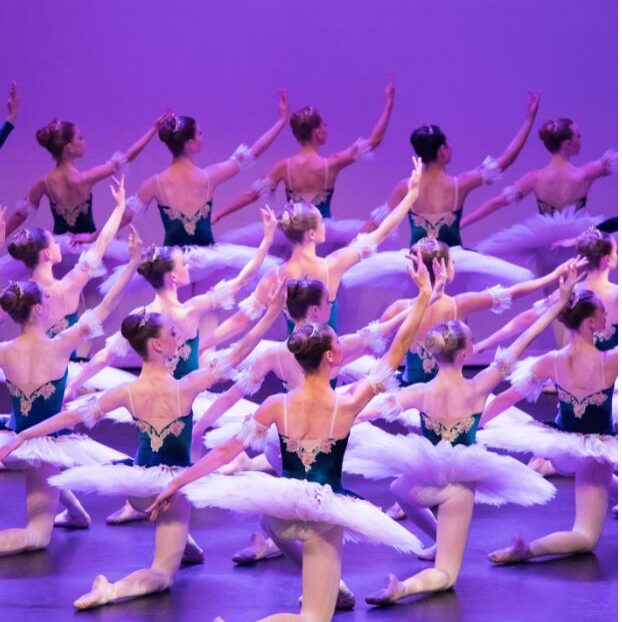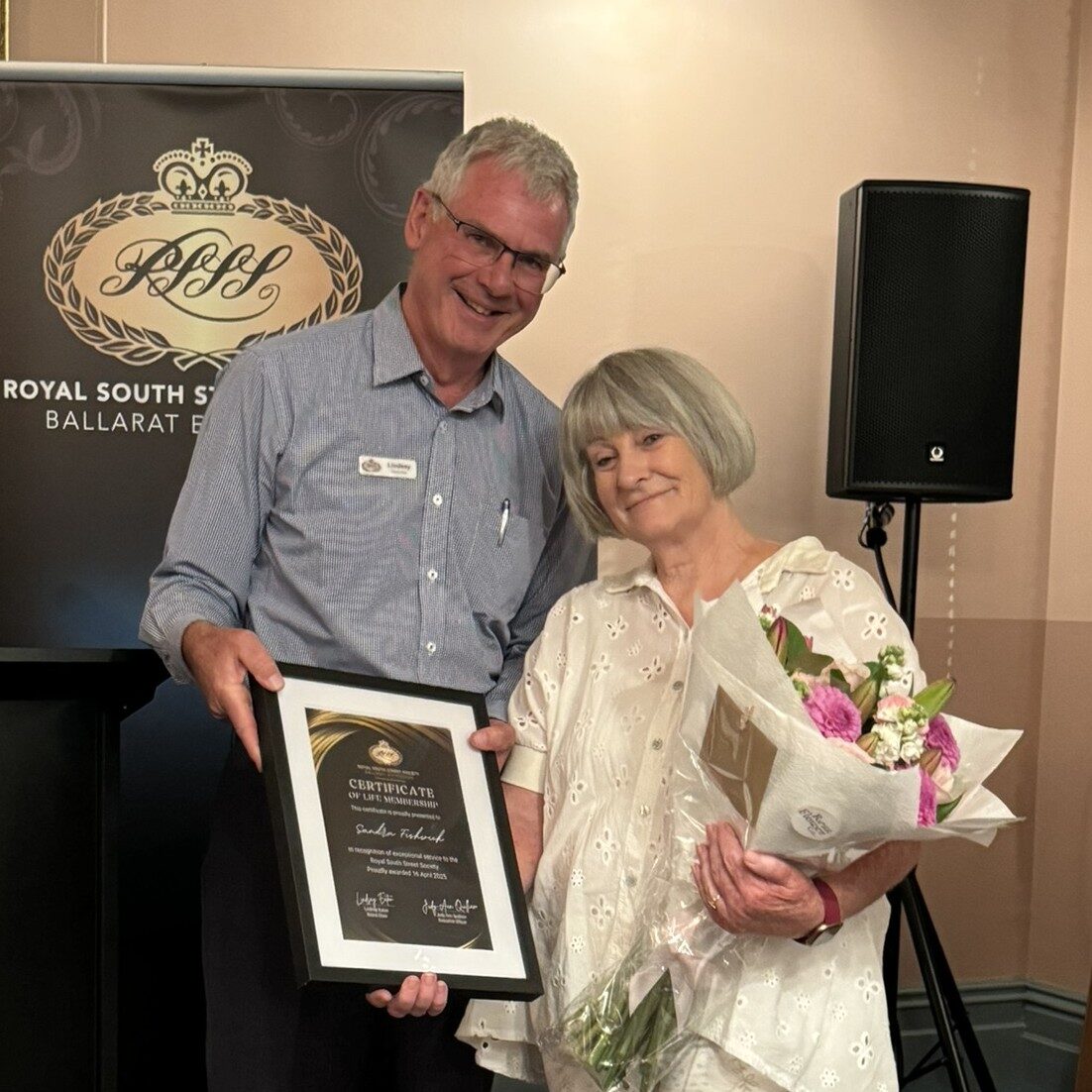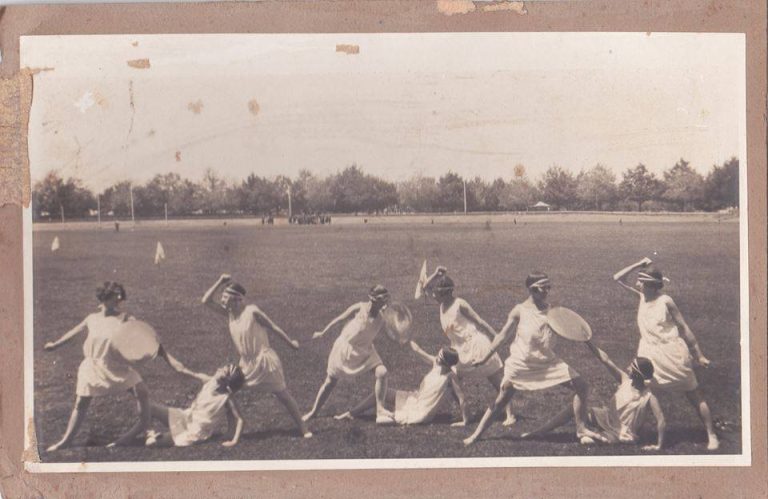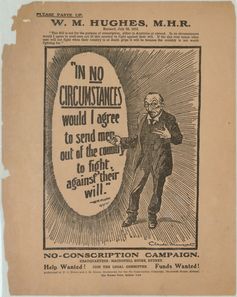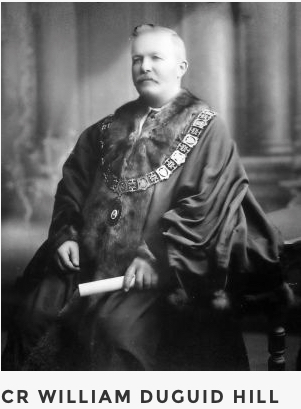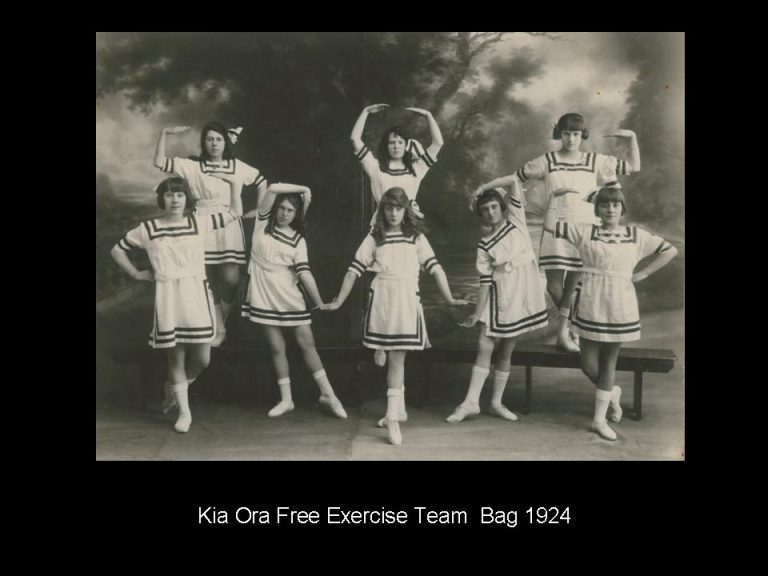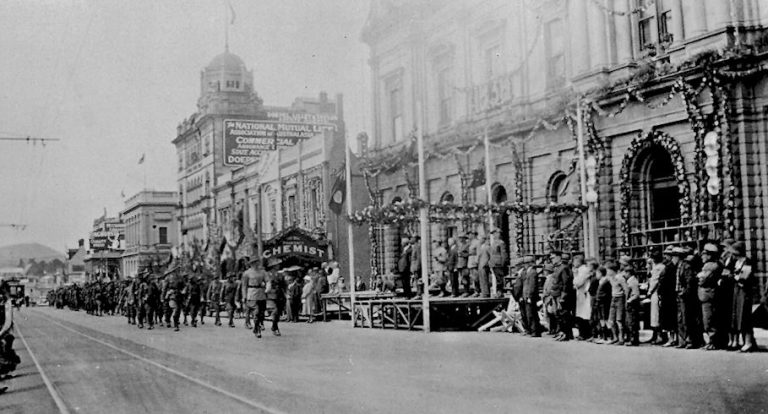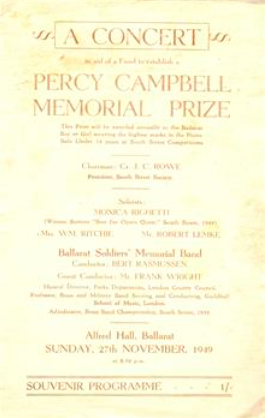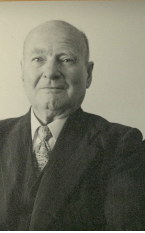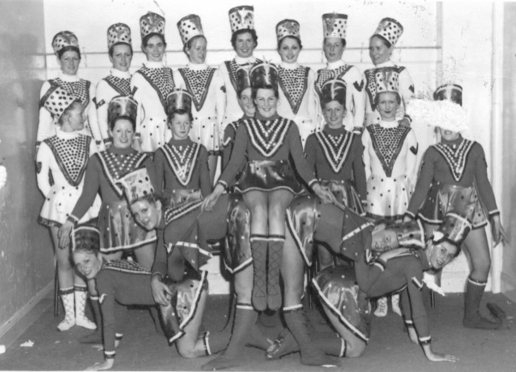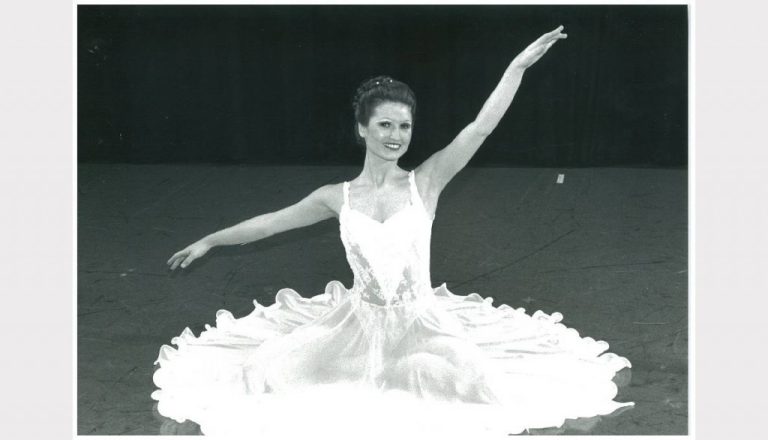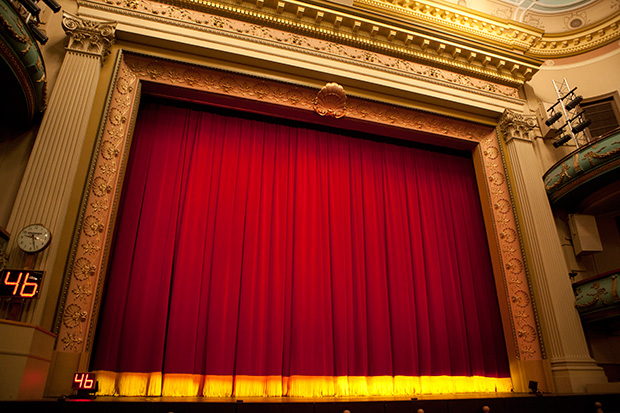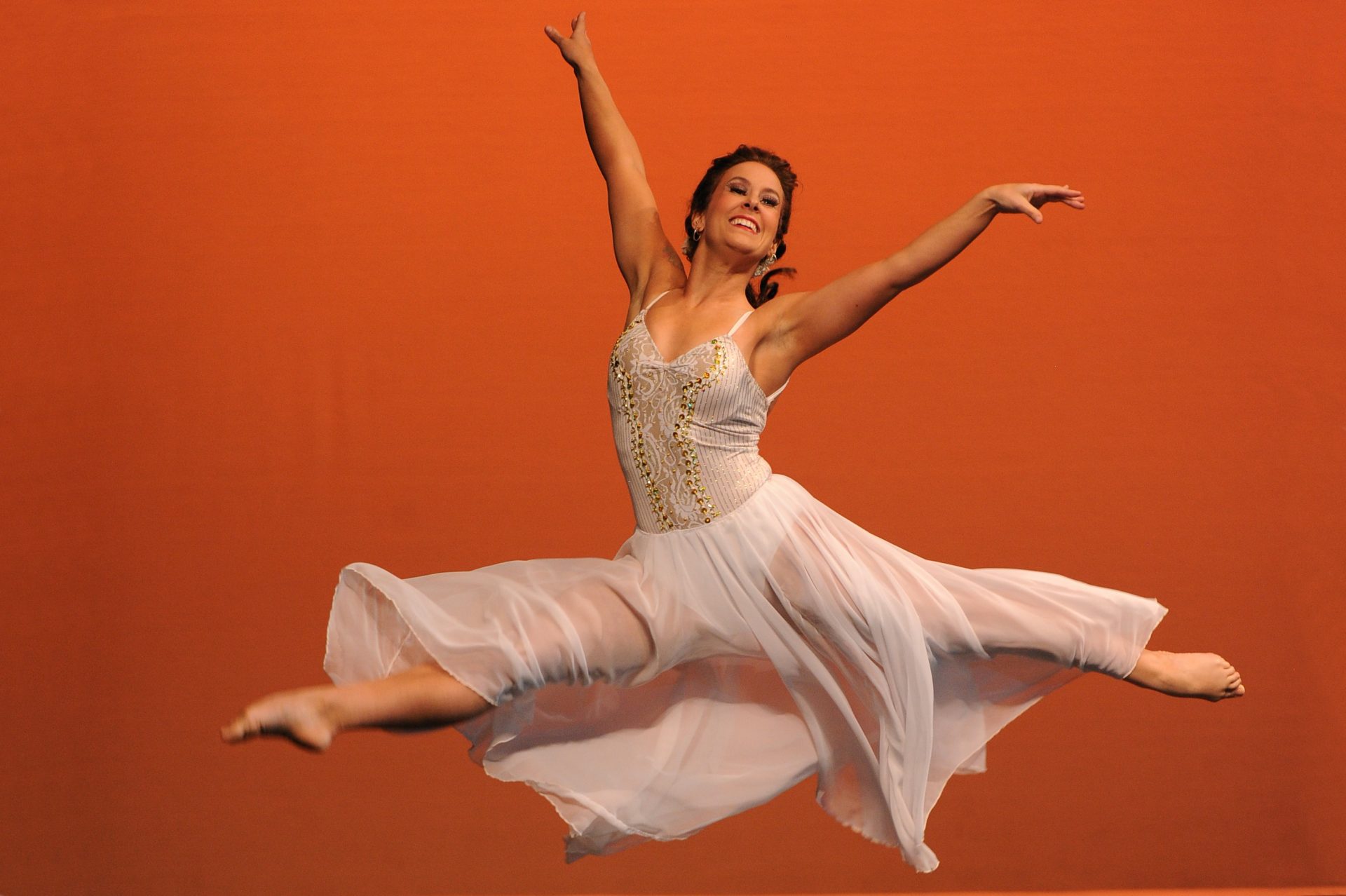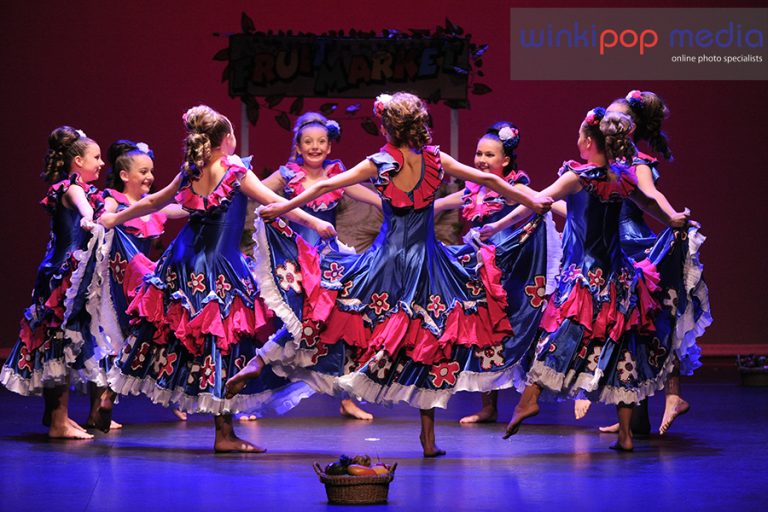Enter
Enter Entries Open on 01 March and Close 04 April - NO LATE ENTRIES
2025 Competition dates:
Solo Auditions - Founders Theatre, Federation University (auditions only)
Calisthenics - Saturday 14 June
Graceful - Sunday 15 June
Solo Finals - Her Majesty's Theatre, Ballarat
Calisthenics - Friday 10 October
Graceful - Saturday 11 October
Teams
05 October - 26 October
Venue: Her Majesty's Theatre, Ballarat
Calisthenics clubs throughout Australia are welcome to enter teams into the Royal South Street Society Australian Calisthenics Competition.
We have partnered with MyStage to create an innovative competition management system that helps our volunteers and staff run a smooth event. Lighting sheets, music files and DLPs can all be uploaded in preparation for your competition.
A MyStage account is required.
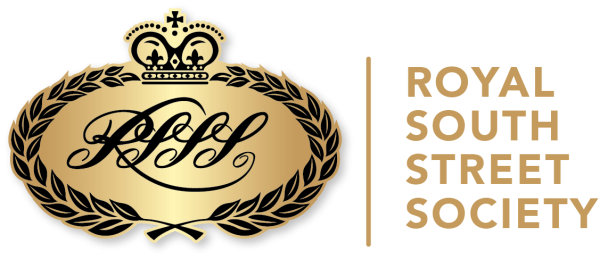

Australian Calisthenics Competition Daily Programs
The Sporting Globe Ballarat Australian Calisthenics Competition
Royal South Street Society Ballarat Eisteddfod’s Australian Calisthenics Competition commenced in 1903 and today is one of the largest competitions in the country. The Eisteddfod has hosted competing clubs from WA, SA, NSW, ACT, QLD and of course Victoria.
Our eisteddfod platform offers a unique chance for personal and team growth and improvement and showcases the unique combination of dancing, singing, gymnastics, technical and leaderships skills that Calisthenics nurtures through friendship and teamwork.
In 2025 we are excited to partner with the Sporting Globe Ballarat as our naming rights sponsor as we return to the beautiful Her Majesty's Theatre stage for The Sporting Globe Ballarat Australian Calisthenics Competition. We look forward to once again seeing the vibrant calisthenics teams throughout the city of Ballarat!
Graceful and Calisthenics Solos
Royal South Street Society has hosted the most prestigious calisthenics competition in Australia since 1903 and continues to be a major supporter and promoter of calisthenics development in this country. In 1924, Royal South Street Society introduced the inaugural Graceful Girl Solo and the section has become synonymous as the most presitigious event in the Eisteddfod calendar.
We proudly celebrated 100 years of Graceful Solo in 2024, and alongside our new Calisthenics Solo, introduced in 2016, they are the most esteemed calisthenics solo competitions in Australia.
We thank our major sponsors Couture Costume Dancewear Graceful Solo and Opening Nights Supplies Calisthenics Solo.
"My advice for anyone dreaming of entering this incredible competition would be to continue to believe in yourself. We must remember things won't always go our way but that is not a reason to give up. Continue fighting for your dreams and do it for yourself. Enjoy every moment of it, because you never know when it will end. Solos are made special by how you perform it and the heart and soul you show to the audience. Dream the impossible and speak into existence." Honoria Roffey 2022 Graceful Solo winner
"Winning RSSS for both my Graceful Solo and Calisthenics Solo is one the greatest accolades of my calisthenics career, it is an absolute honor and privilege - something I never thought would be possible!...Believe in yourself and enjoy the journey.." Elyse Pavan 2023 Graceful Solo winner
"To compete at Royal South Street is always the dream. To win the 2023 Calisthenics Solo competition, I feel both honored and grateful, it will forever be a day that I will never forget!" Louisa Humphrey 2023 Calisthenic Solo winner.
News
Stories
Learn more about the Calisthenics discipline from our collection of stories, historical records and media....
Explore
Explore our history timeline
The calisthenics discipline was first included in the eisteddfod in 1903 and is currently the discipline that attracts the most amount of participants.

